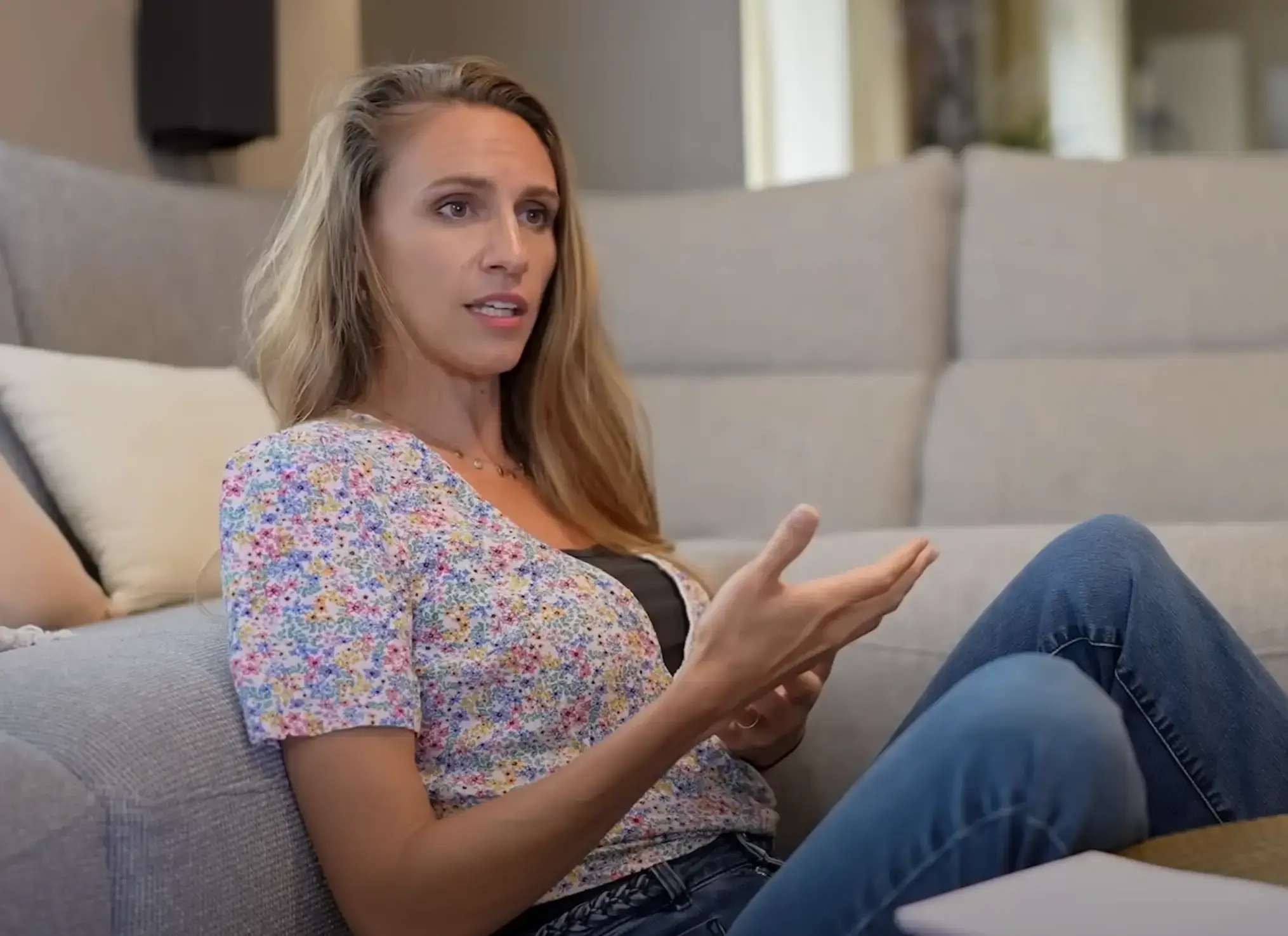 Adele, France
Adele, FranceMia (Baby aged 2 months, Finland)

Introduction
At the time of the accusations, I was 35 years old, and my partner was 38. We both are a year older now. I work in Human Resources, while he is involved in the music industry. Our family consists only of us and our child. We reside in Finland.
Pregnancy and Birth
Our pregnancy and birth were without complications, and it was a natural delivery. Our baby was born at 39+1 weeks with normal weight, height, and head circumference. However, her weight dropped slightly during the first days at the maternity ward due to difficulty latching onto the breast for feeding. The situation improved once I started using a breast pump and bottle-feeding our baby. At home, we continued practicing breastfeeding but primarily fed our baby from a bottle. Our baby slept well and did not cry excessively. Family members visited frequently, but only my partner and I cared for her.
The Day Everything Changed
My partner was alone with the baby when he put her to sleep on her back after feeding her from a bottle. Soon afterward, he noticed milk coming out of our baby’s mouth and nose. She appeared limp, so he thought she had choked on regurgitated milk. He patted her back and pressed on her chest until she regained consciousness and began crying. To ensure the nasal passages were clear, he used a baby nasal aspirator. Our baby seemed fine afterward, so we did not consider taking her to the emergency room immediately but monitored her closely.
The next day, our baby appeared normal, and we had a quick vaccine appointment where there was no time for additional consultations. Afterward, she seemed sleepier than usual, and in the evening, we suspected she might have developed a fever as a reaction to the vaccination. We did not have an accurate thermometer for infants but read about infant fevers and their symptoms, including harmless febrile seizures.
During the night, I observed two short seizures and assumed they were febrile seizures based on what we had just learned. The following morning, noticing another seizure, we went to the emergency room to confirm if these were indeed harmless febrile seizures and whether our baby’s fever required special treatment. We also mentioned the earlier choking incident. At the hospital, our baby experienced a more serious seizure, shocking us.
When the Diagnosis Was Made
Doctors conducted an ultrasound, CT, and MRI of our baby’s head, as well as full-body scans, and examined her eyes. Initially, they informed us about a subdural hematoma. That day, police arrived at the hospital to investigate possible neglect without prior notice. We were separated for questioning.
The next day, doctors explained that based on their findings, our baby had been violently shaken multiple times, denying any other explanations. This was when we realized they would accuse us of harming our child.
On the fourth day in the hospital, a meeting with doctors and child protection services confirmed there was no explanation for our baby’s injuries except abuse, making us “clients” of child protection services. Despite our insistence that we had not harmed her and presenting studies questioning the reliability of shaken baby syndrome theory, their responses were evasive. The social worker assured us that the hospital’s doctors are experts in the field and have seen similar cases where parents later confessed to shaking their babies. We felt they did not believe our claims of innocence.
During that meeting, we were already close to the correct diagnosis ourselves. We asked the doctors whether the injuries could be related to birth, as we had read that retinal hemorrhages and subdural hematomas can occur during delivery and develop into chronic hygroma. They denied this possibility, stating that birth wouldn’t cause contusions or hypoxic-ischemic injuries. However, it was later confirmed by three independent radiologists that there were no contusions at all, and the hypoxic-ischemic injuries were actually ischemic injuries caused by clots and brain infarction (complication from BESS/chronic hygroma). We also realized later that the doctors present in the meeting weren’t radiologists or neurosurgeons, nor even responsible for our baby’s care. This explained why they struggled to answer our questions.
One morning, after we had already been in custody, the hospital’s social worker came to wake me up and question me. She asked whether there was violence in our relationship and whether we suspected each other of harming the child. She suggested that it takes very little—just one or two shakes when parents are tired—to cause these injuries. She mentioned that other parents had confessed, admitting they would never have believed they were capable of such actions, and told me it was better to confess so we could move on. I repeatedly stated that nothing like that had ever happened and that our relationship was good. Eventually, she gave up and left.
The first days were extremely hard mentally; everything felt surreal. I cried a lot. When informed about the severe and extensive brain injuries our baby had suffered, I was devastated and imagined she would be permanently disabled. My partner wasn’t at the hospital at that moment as he had to work out of town, but I had a relative with me for support. I was nearly hysterical. Once I reached my partner, I calmed down because he was more logical and steadier than me. He immediately pointed out that what the doctors claimed didn’t make sense: such force would have also injured the baby’s neck. Later that evening, he called again to tell me he had been researching the subject and found that the doctors’ claims were nonsense. That conversation shifted my perspective. Until then, I had felt paralyzed, but after that call, I began taking action and doing my own research. From the beginning, my partner played a huge role in keeping us functioning. It was easier to stay sane when we had a mission: to prove the doctors wrong. Even though things became mentally easier once we started making sense of the situation, it was still very hard to stay in the hospital knowing that the doctors and nurses believed we had abused our child.
During our research, we found a study describing the same symptoms as our baby had. We contacted the researchers, and one referred our case to a colleague who immediately suspected BESS/chronic hygroma. Eventually, we received reports from five independent experts confirming this diagnosis: our baby had BESS/chronic hygroma complicated by subdural hematoma, clots, and brain infarction. All of them agreed there were no contusions and no signs of trauma. Fortunately, our child has recovered well and so far seems to be developing like any other child.
Inside the Legal System
On the very first day at the hospital, the police questioned us, and six days later they took us into custody for further questioning. I was held for two days, and my partner for three. They confiscated all our phones and laptops to search them.
Although we were allowed to stay with our child in the hospital, when she was ready to be discharged, we were told she would be placed in an emergency foster home with strangers. We had asked to be placed under 24-hour supervision together with our child, but this request was denied. They also refused to assess our immediate family network, even though Finnish laws require relatives to be considered first. We had already made it clear that if our child had to be separated from us, we wanted her placed with family.
All of this was done despite the police finding no evidence of abuse beyond the Finnish doctors’ claims. The authorities spoke as if they already believed we had abused our baby. Instead of talking about suspected abuse, they called it abuse outright and wrote about “repeated traumatic events” she had experienced.
It took seven months until our child was finally moved to live with a relative. The first family had only been meant for emergency placement, and once the child protection services decided on taking her into care, they looked for a long-term placement. In the meantime, our contact was restricted to one supervised two-hour visit per week. We were even excluded from her frequent medical appointments.
We Faced Unfair Accusations
We appealed every decision to the administrative court, but nothing changed. The system felt broken: online forums suggested that courts almost always side with social workers, and that was exactly what we experienced. At the custody hearing, we were not allowed witnesses, and although the social workers could not answer the judges’ questions, the custody order still went through. It all felt like a staged process where our actions made no difference.
Our social workers never tried to understand us; they only met with us to impose new restrictions. They admitted that all child health clinic visits had gone well, that our background showed no signs of violence, and that supervised reports described us as gentle and caring parents. Yet they still insisted on taking our child into care and imposing strict rules. It was clear they were waiting for the police and prosecutor rather than conducting their own assessment, even though it is legally required.
At times, they even lied. They claimed some restrictions were based on requests from my relative who was taking care of our baby, which turned out not to be true. They also tried to stop us from bringing breast milk to our baby, saying it caused problems. When I questioned this, a social worker altered an old memo to support her story. We have screenshots before and after the alteration.
Nearly ten months later, the supervised meetings were finally lifted. We were then allowed one weekly visit at my relative’s home for up to six hours. After ten months, the social workers were replaced, and shortly after, visits increased so our child could also come to our own home once a week. Now we have two visits per week, and they have promised to begin an assessment with us, possibly leading to a one-month family evaluation period if things go well.
Meanwhile, during the preliminary investigation, we submitted a statement to the police with references to dozens of studies challenging the claims of Finnish doctors and the shaken baby syndrome theory. We attached five expert medical statements, all concluding that the Finnish doctors had made errors and that there was no evidence of trauma. These were sent to a forensic pathologist who ignored most of our points and those raised by the experts. He admitted there is controversy around SBS and even said he could not confirm whether our child had BESS/chronic hygroma because he was not qualified to interpret head scans—yet he still concluded that abuse was more likely. The police accepted his opinion and forwarded the case to the prosecutor.
We responded with a final statement pointing out the inconsistencies and weaknesses in the forensic report. That was months ago, and we have now been waiting over seven months for the prosecutor to decide whether to press charges. Only last week did we finally hear back, with a promise of a decision next month.
As a result, we have now been separated from our child for a full year—simply because no one has objectively examined our case.
Living Under Suspicion
All of this has had a significant impact on our relatives and friends. In particular, our family members have been very sad, angry, and stressed. Everyone’s trust in the authorities has been shaken. The situation has also put pressure on some relationships, which have suffered in ways that would not have happened otherwise.
The financial impact has been substantial. This case completely destroyed my partner’s career, resulting in a direct financial loss of tens, if not hundreds, of thousands of euros. We also lost all family-related financial benefits and had to use our savings just to cover living expenses. In addition, we have had to spend thousands of euros on lawyers and other costs. Although our relationship has not been severely damaged and in some sense it has even become stronger, the situation has naturally caused stress and created challenges that would not otherwise exist, so it has not been easy.
We remain angry at the doctors, the police, and the child protection workers for the unfair treatment we have faced and for the fact that, because of them, we have now lost a year of our child’s life. I am heartbroken that our child has been separated from us and moved from one family to another. Even though she is still very young, I worry about the psychological effects this will have on her.
What helps me cope is the belief that things will eventually be resolved. I know we cannot be legally convicted, even if the prosecutor brings charges—we have such strong evidence in our favor. My main concern is simply how long this process will take, because of course I want our child home as soon as possible.
For consistency across testimonies, this text may have been slightly edited or translated by artificial intelligence. If you notice any error or inconsistency, please don’t hesitate to contact us.
 Adele, France
Adele, France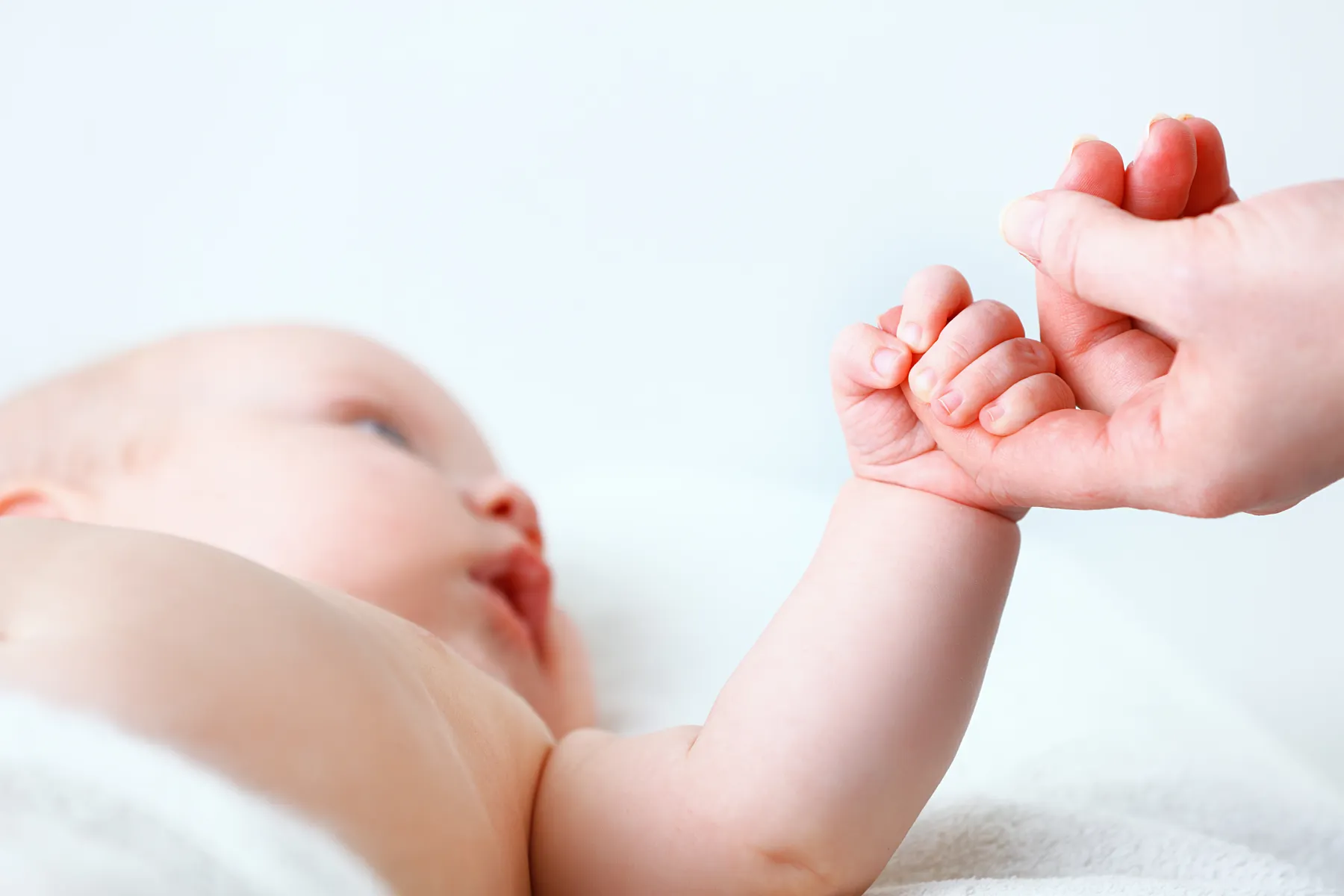 Agathe, France
Agathe, France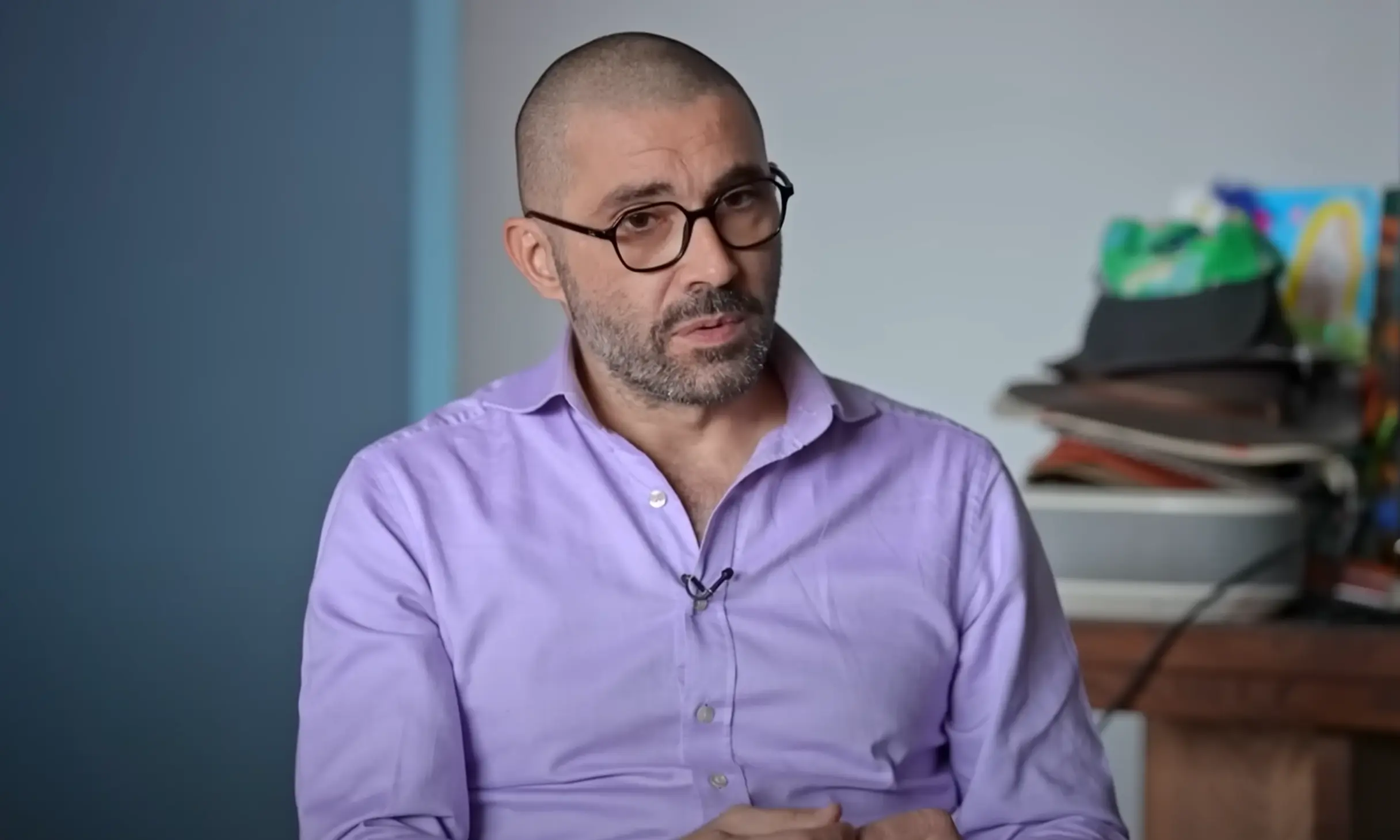 Alexandre, France
Alexandre, France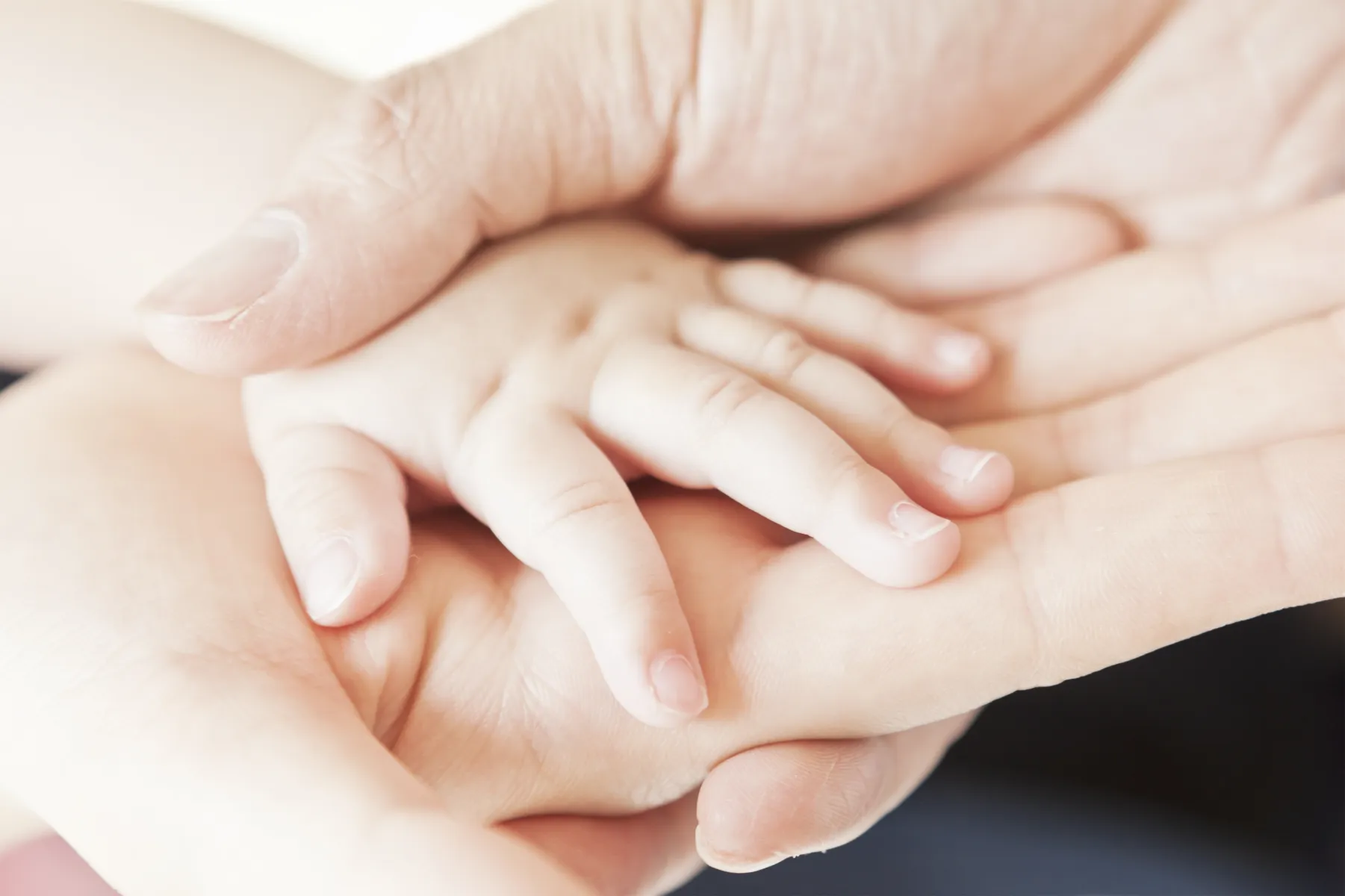 Alexia, France
Alexia, France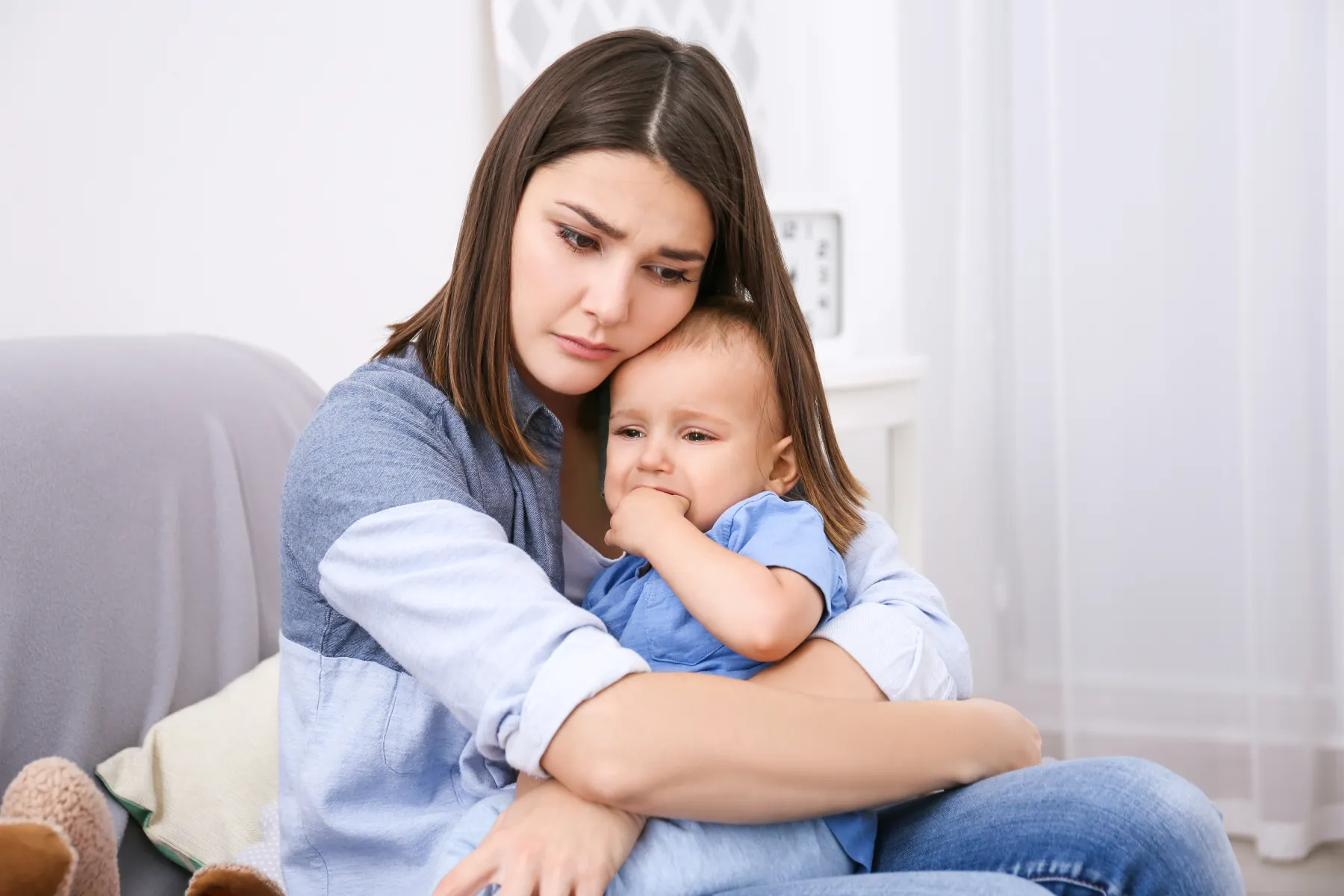 Amédée, France
Amédée, France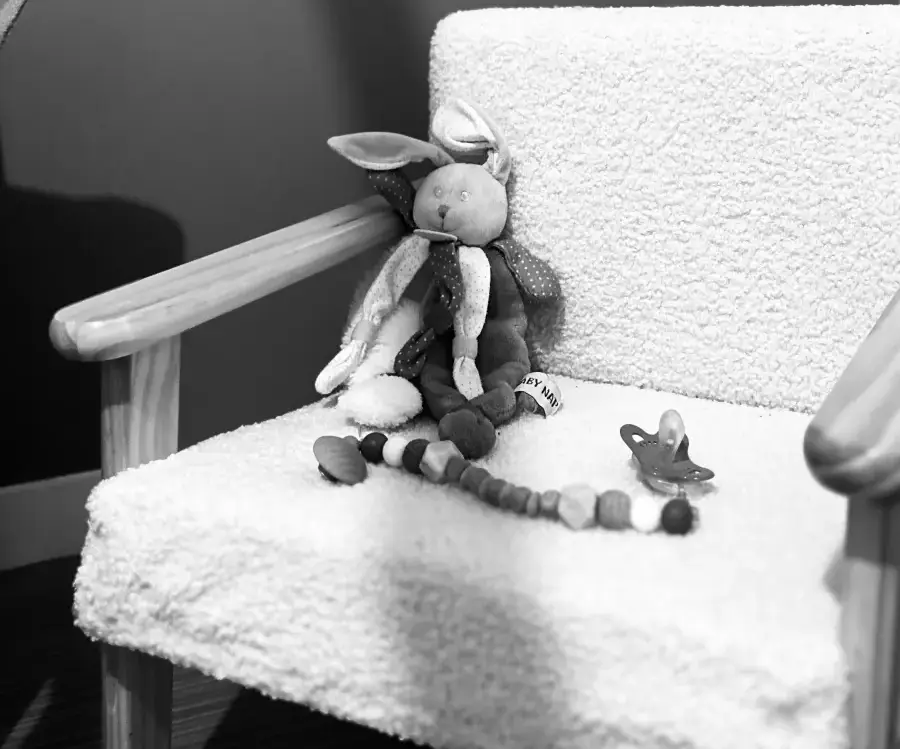 Anaïs, France
Anaïs, France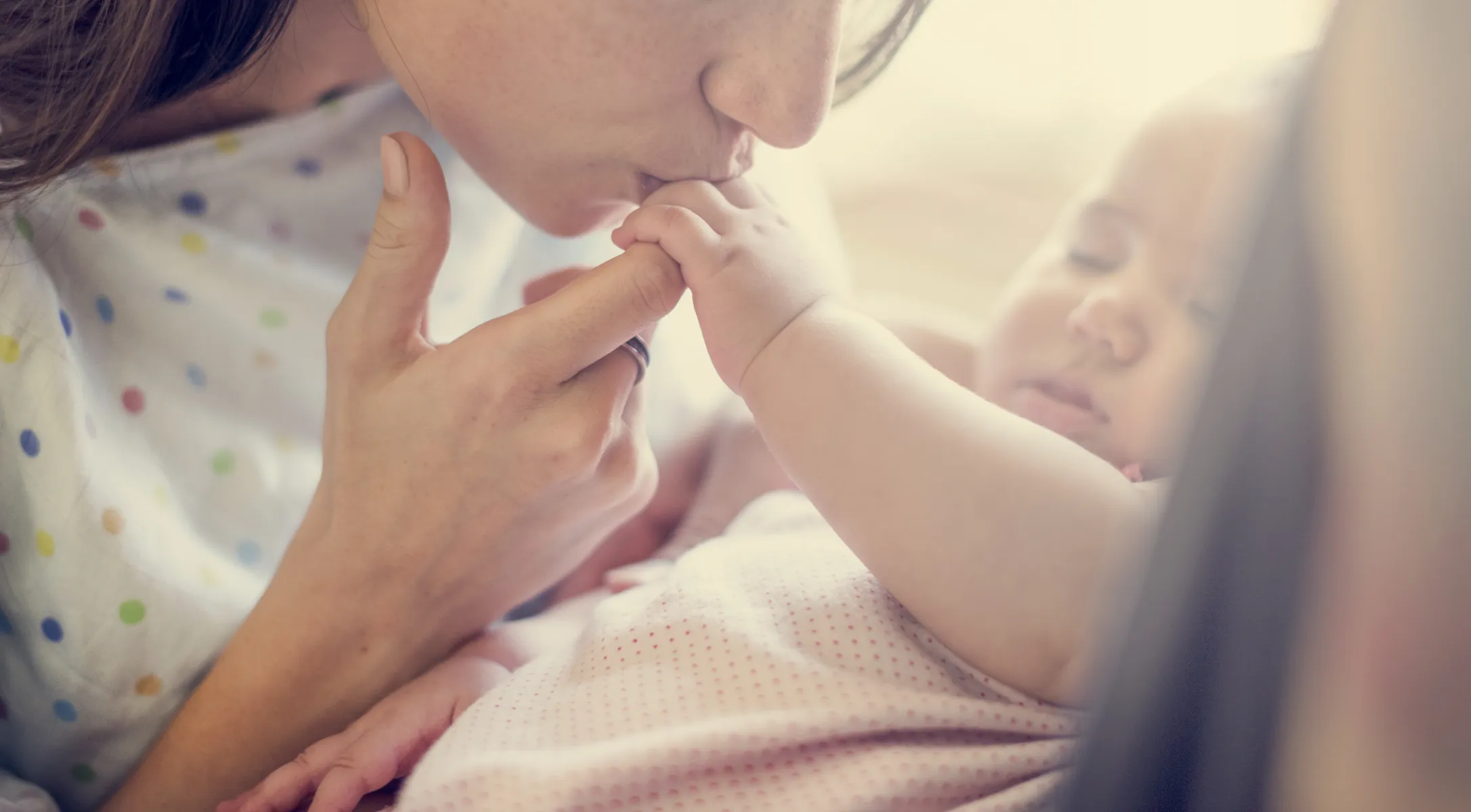 Anonyme, France
Anonyme, France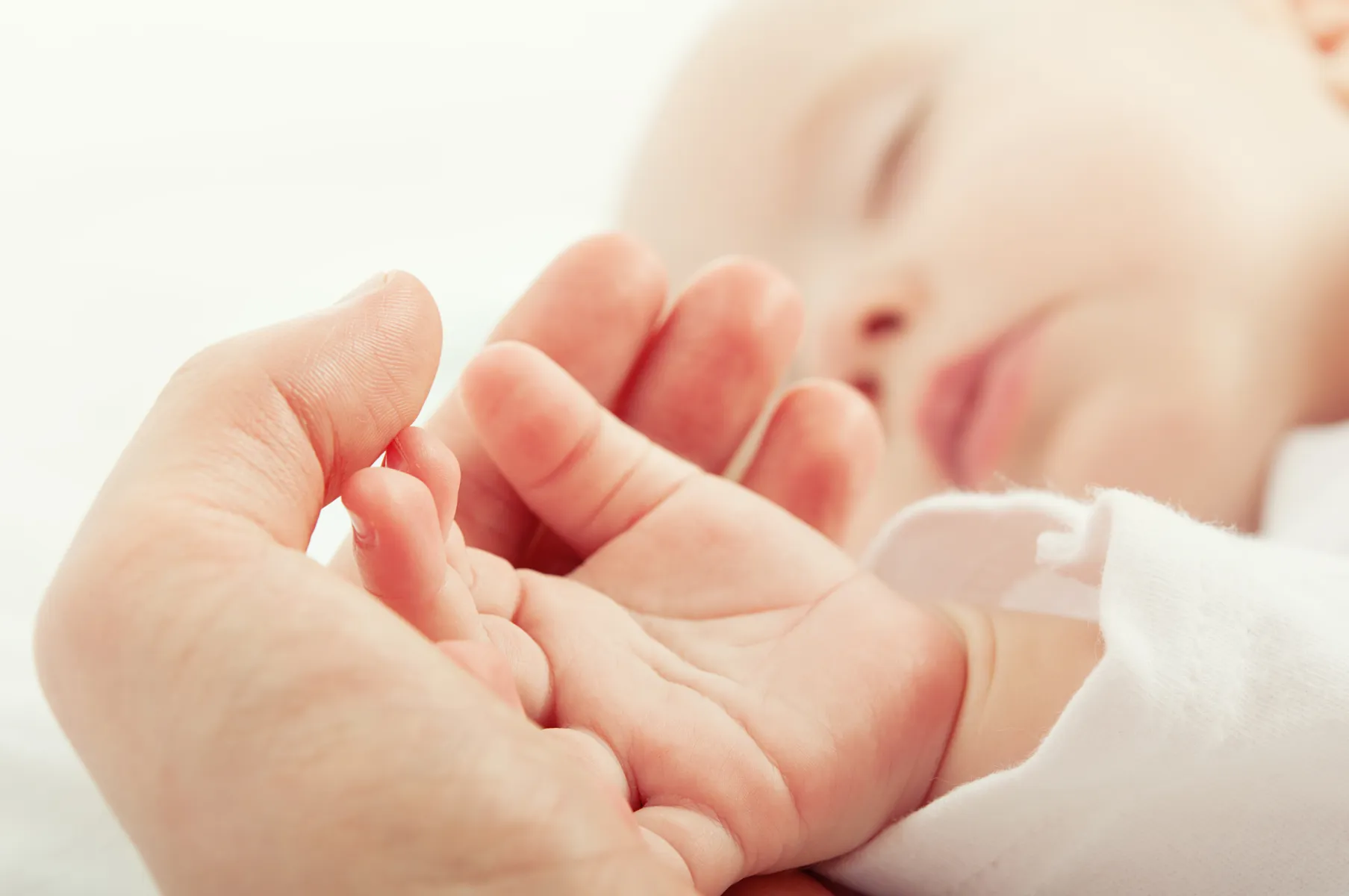 Anonyme, France
Anonyme, France Another Family, UK
Another Family, UK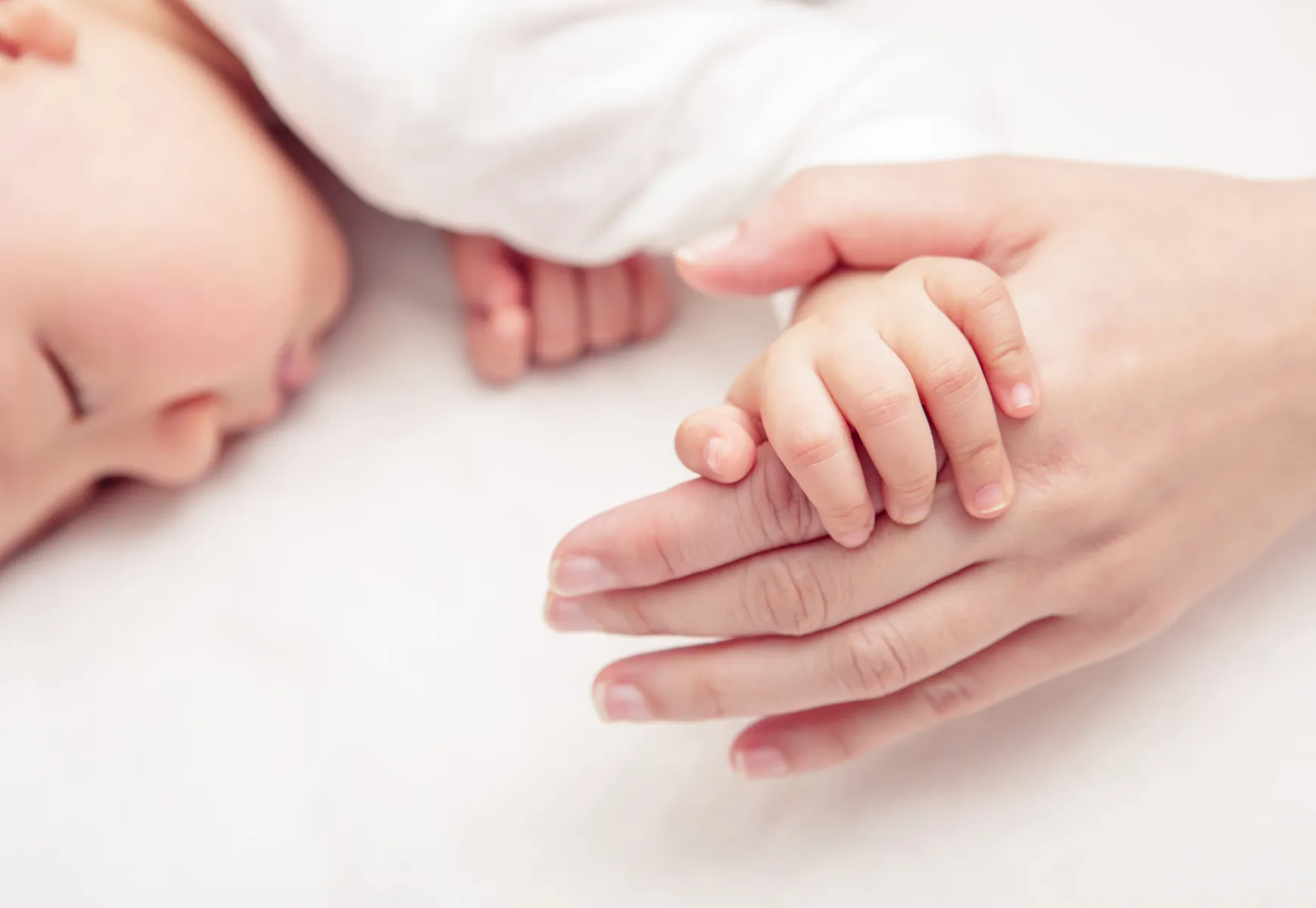 Audrey Edmunds, USA
Audrey Edmunds, USA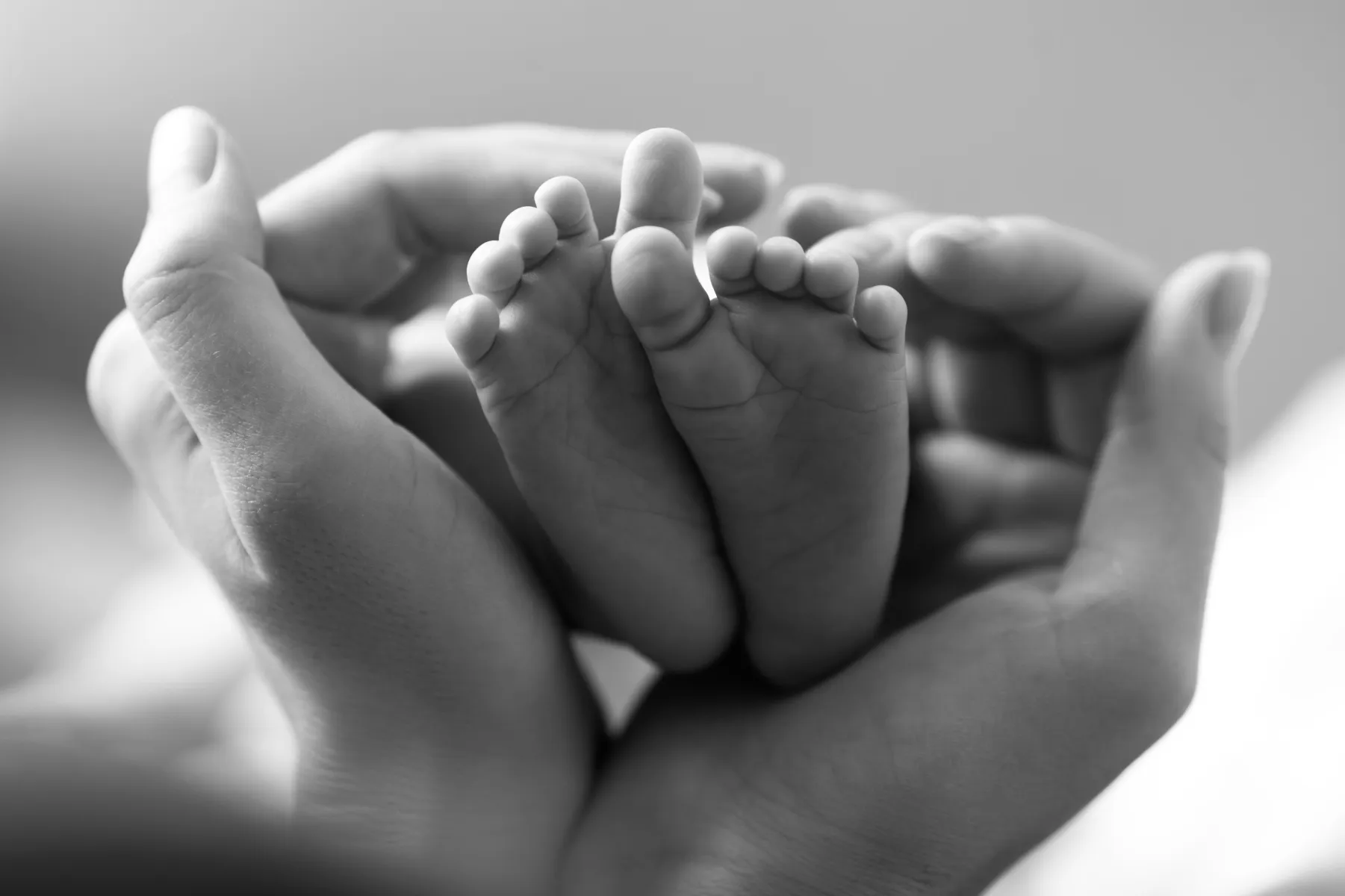 Barbora, Canada
Barbora, Canada Bénédicte, France
Bénédicte, France Camille, France
Camille, France Candie, France
Candie, France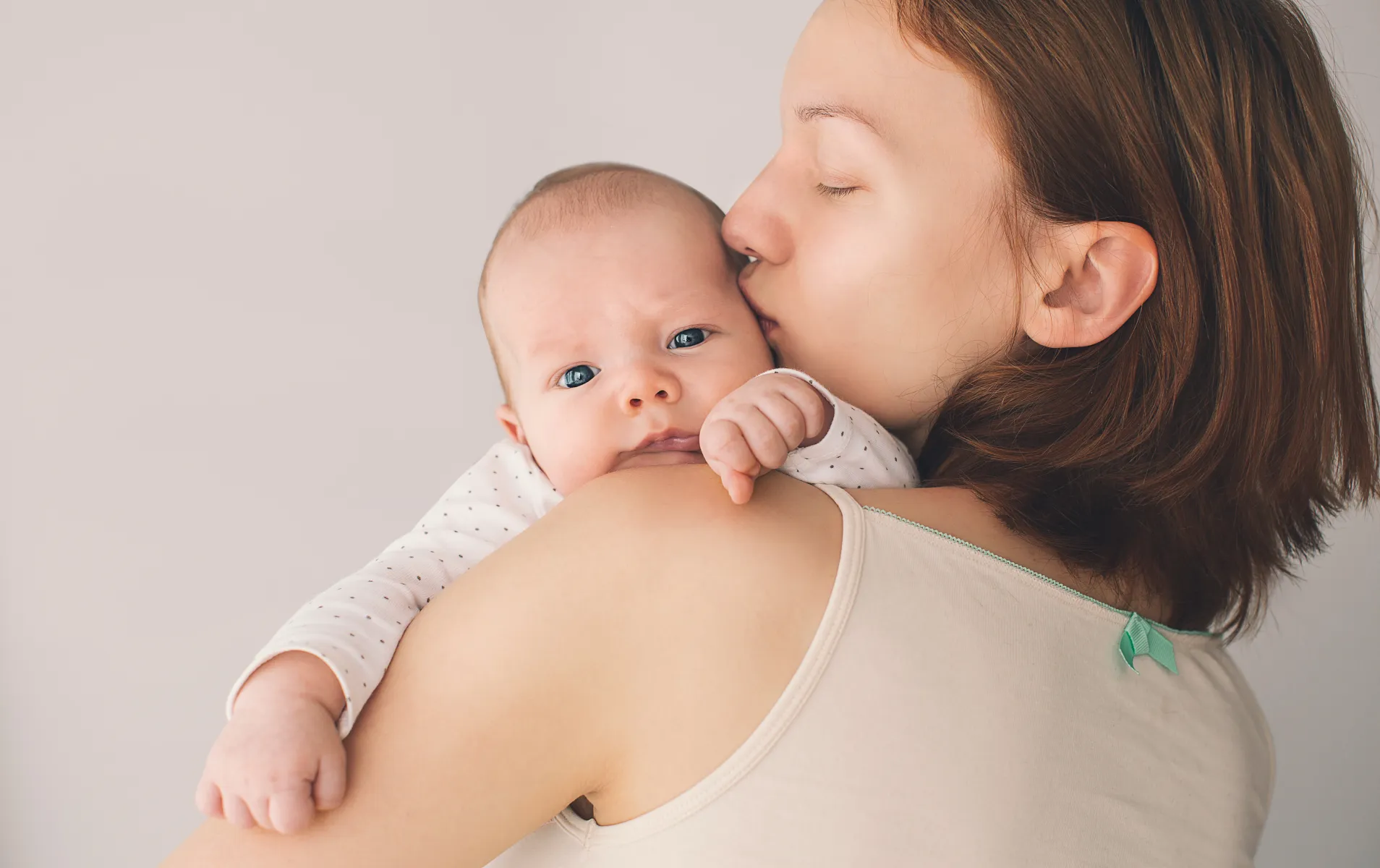 Catherine, France
Catherine, France Chloé, France
Chloé, France Courtney, USA
Courtney, USA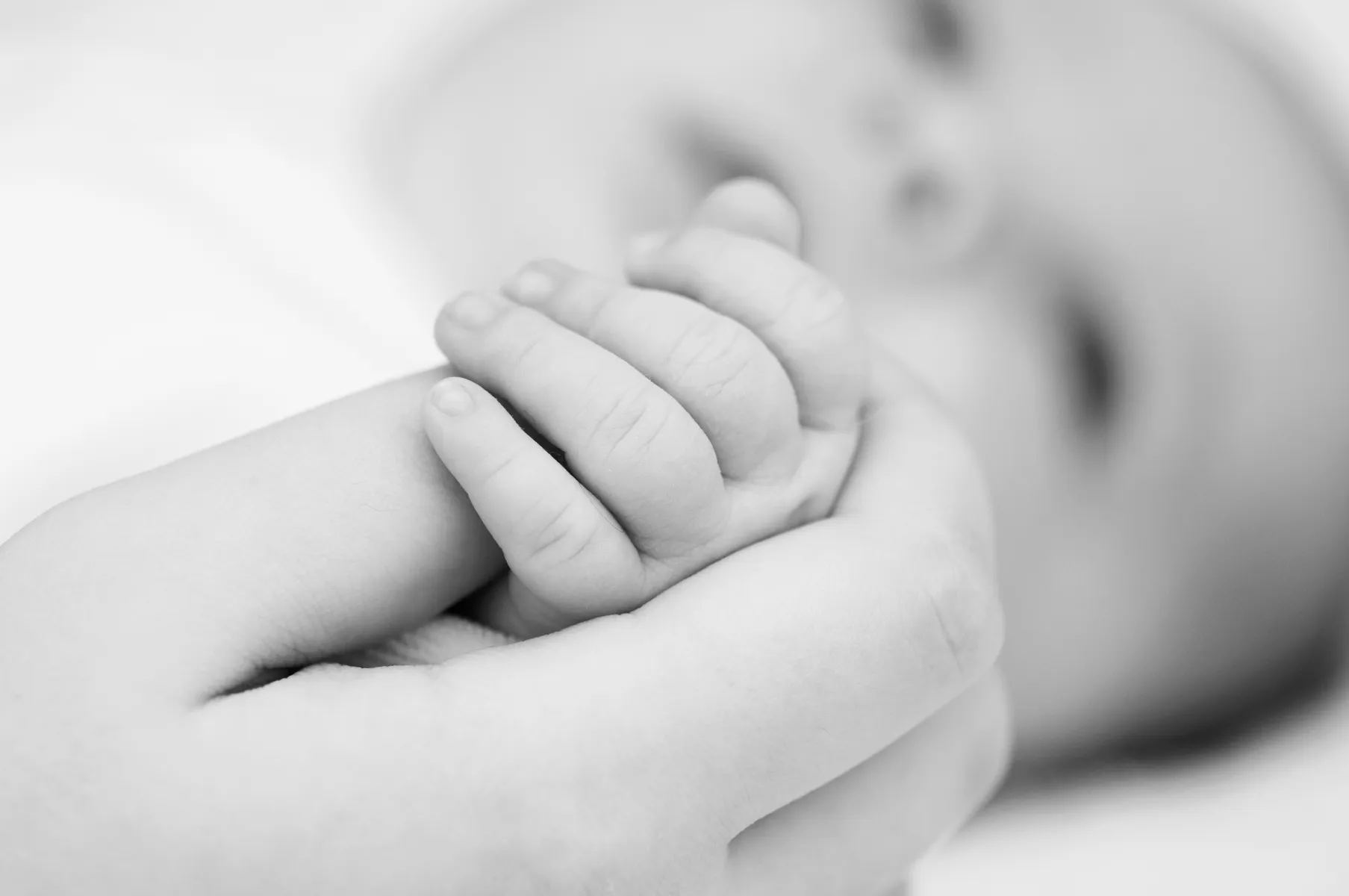 Cyrille, France
Cyrille, France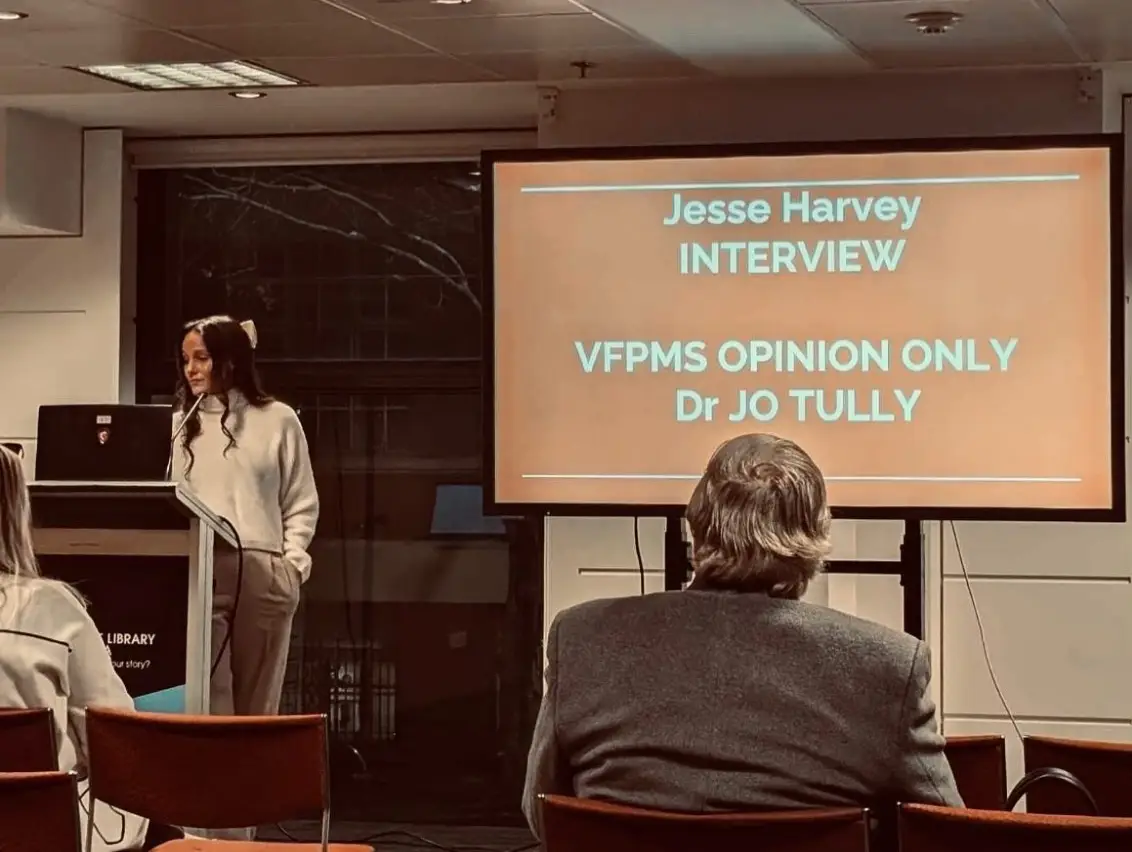 Dwayne Lindsey, Australia
Dwayne Lindsey, Australia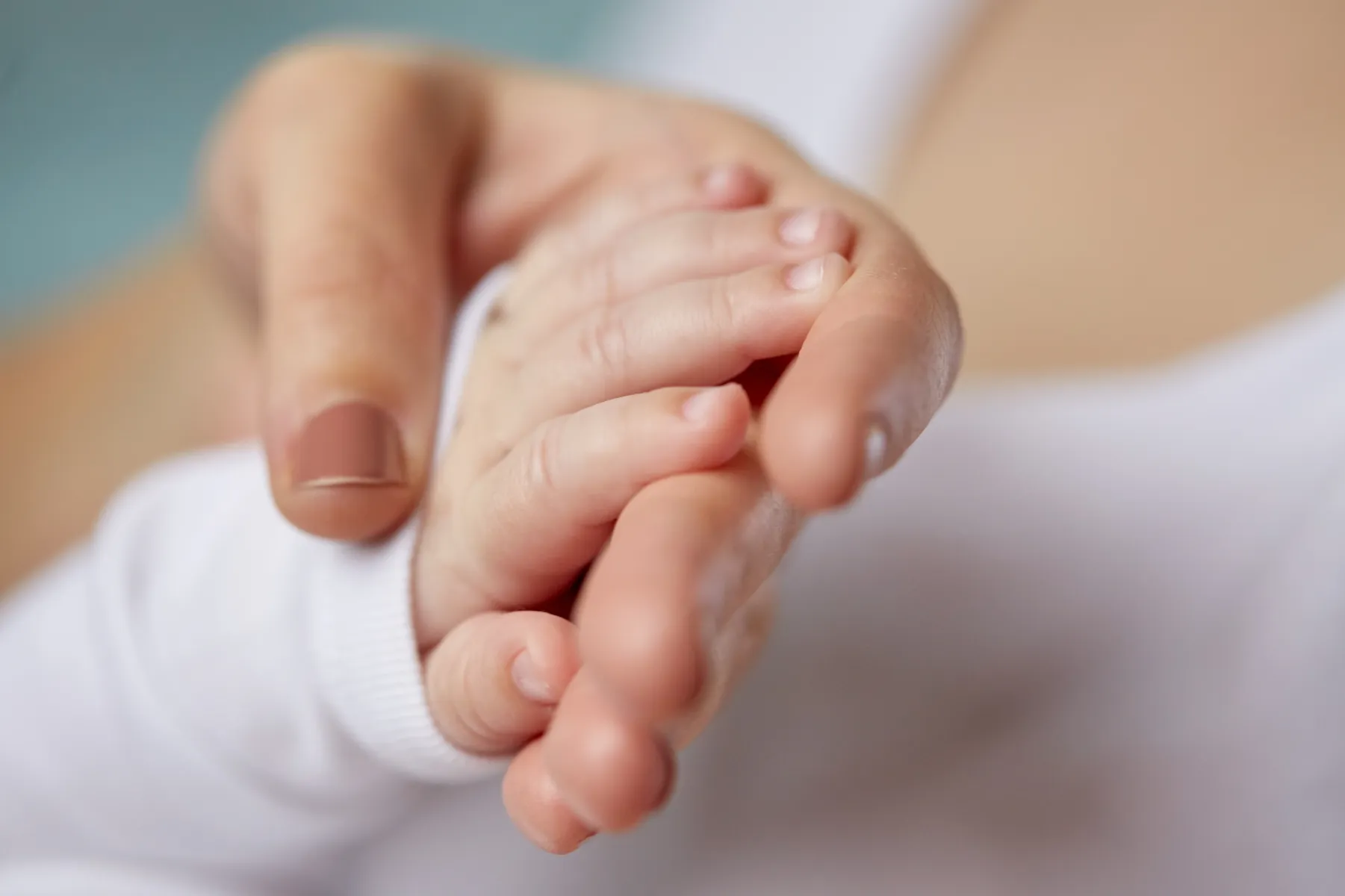 Elisabeth, France
Elisabeth, France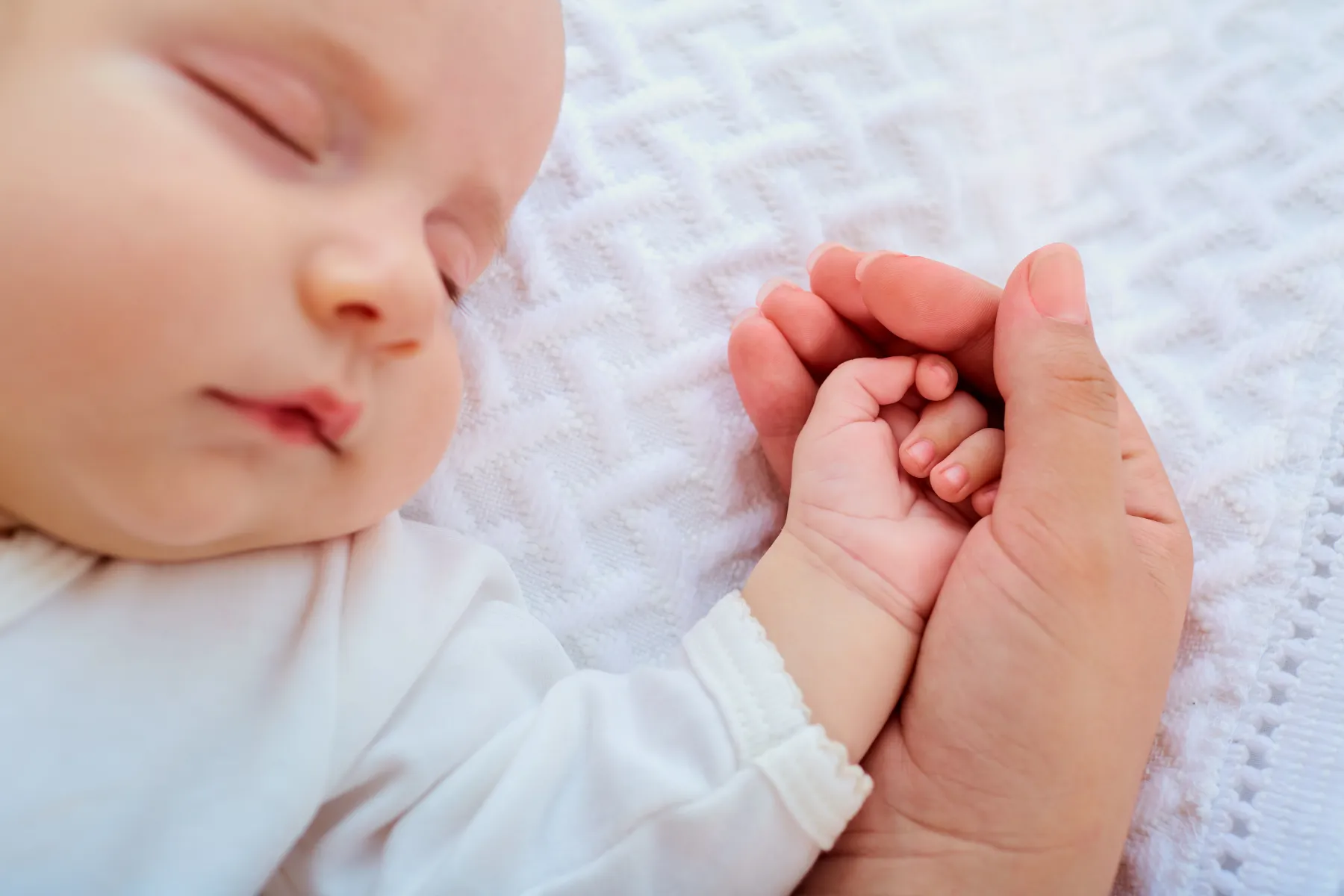 Elise, USA
Elise, USA Elyne, France
Elyne, France Emeline, France
Emeline, France Fajr, USA
Fajr, USA Fany, France
Fany, France Flora, France
Flora, France Ilona, France
Ilona, France Jennifer, France
Jennifer, France Josh, USA
Josh, USA Julia, France
Julia, France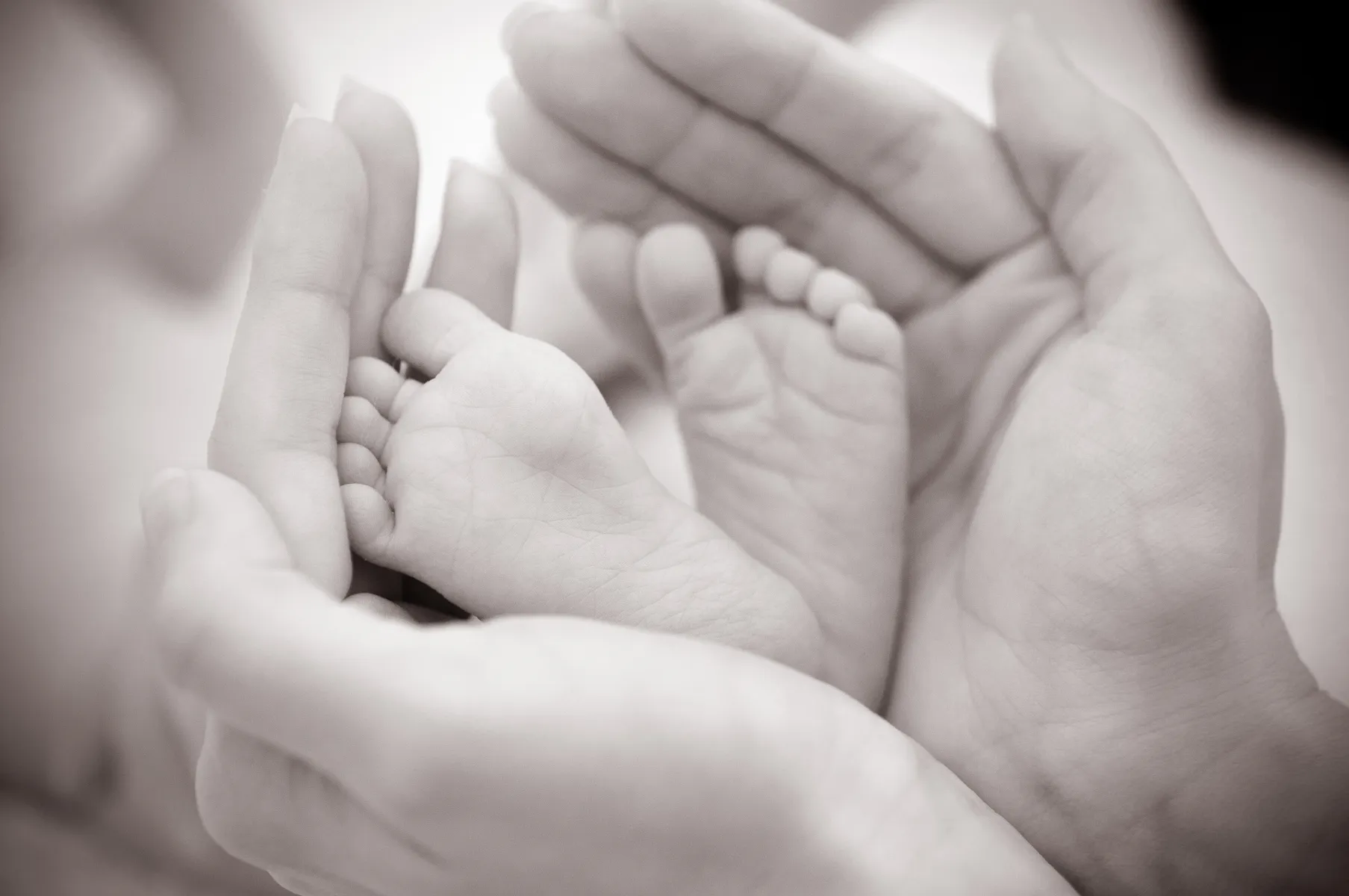 Julie, Australia
Julie, Australia Karen, France
Karen, France Karine, France
Karine, France Kat, UK
Kat, UK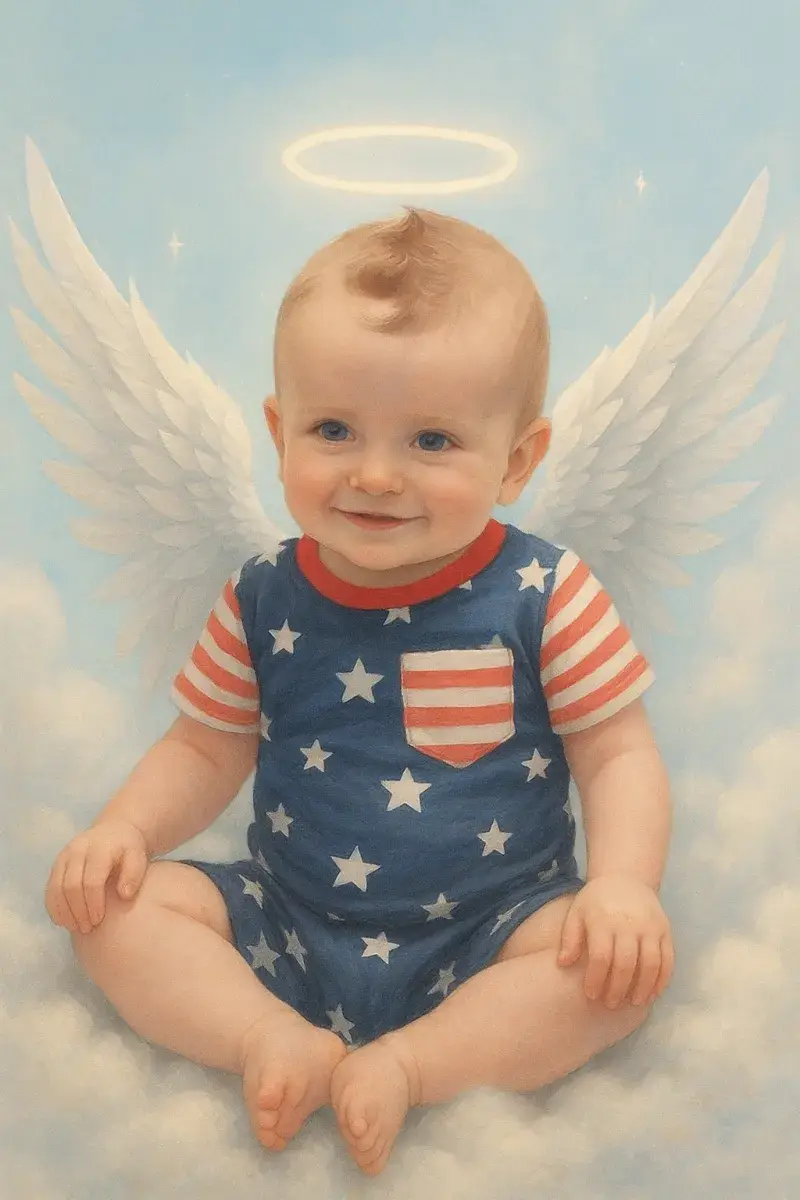 Kimberly, USA
Kimberly, USA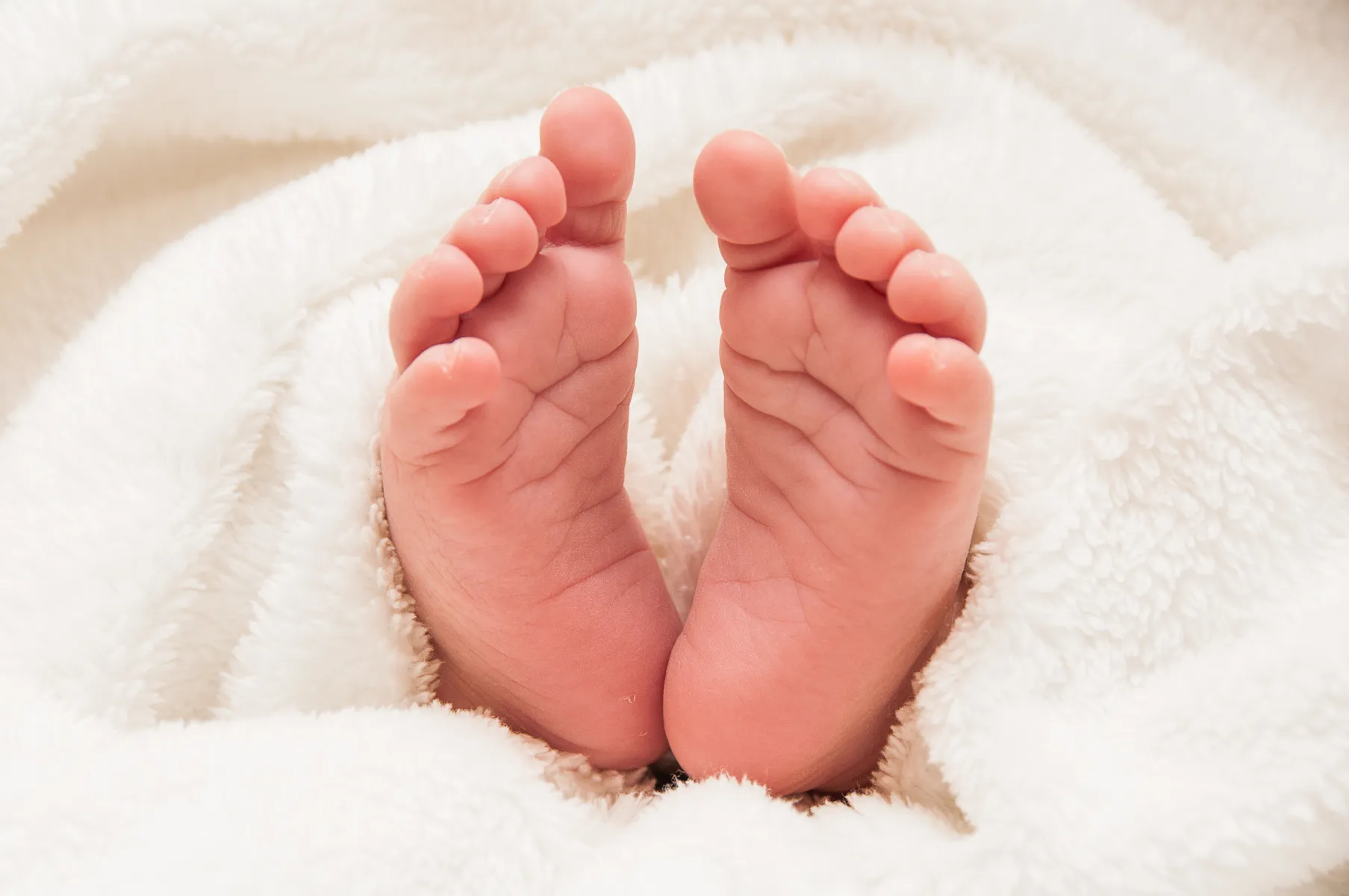 Laeti, France
Laeti, France Laetitia, France
Laetitia, France Laura, UK
Laura, UK Laurine, France
Laurine, France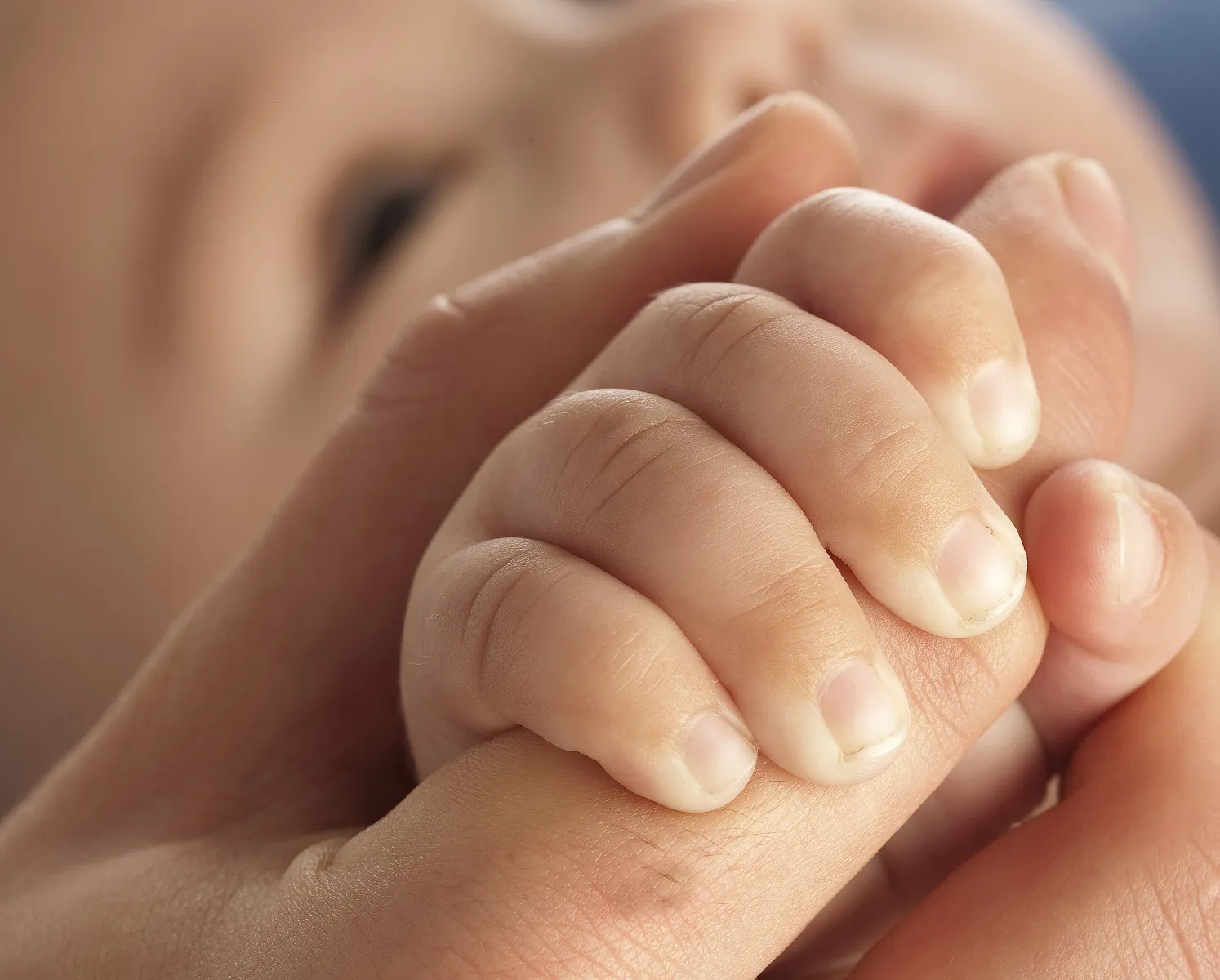 Leigh Crutch, USA
Leigh Crutch, USA Lily, France
Lily, France Lisambs, France
Lisambs, France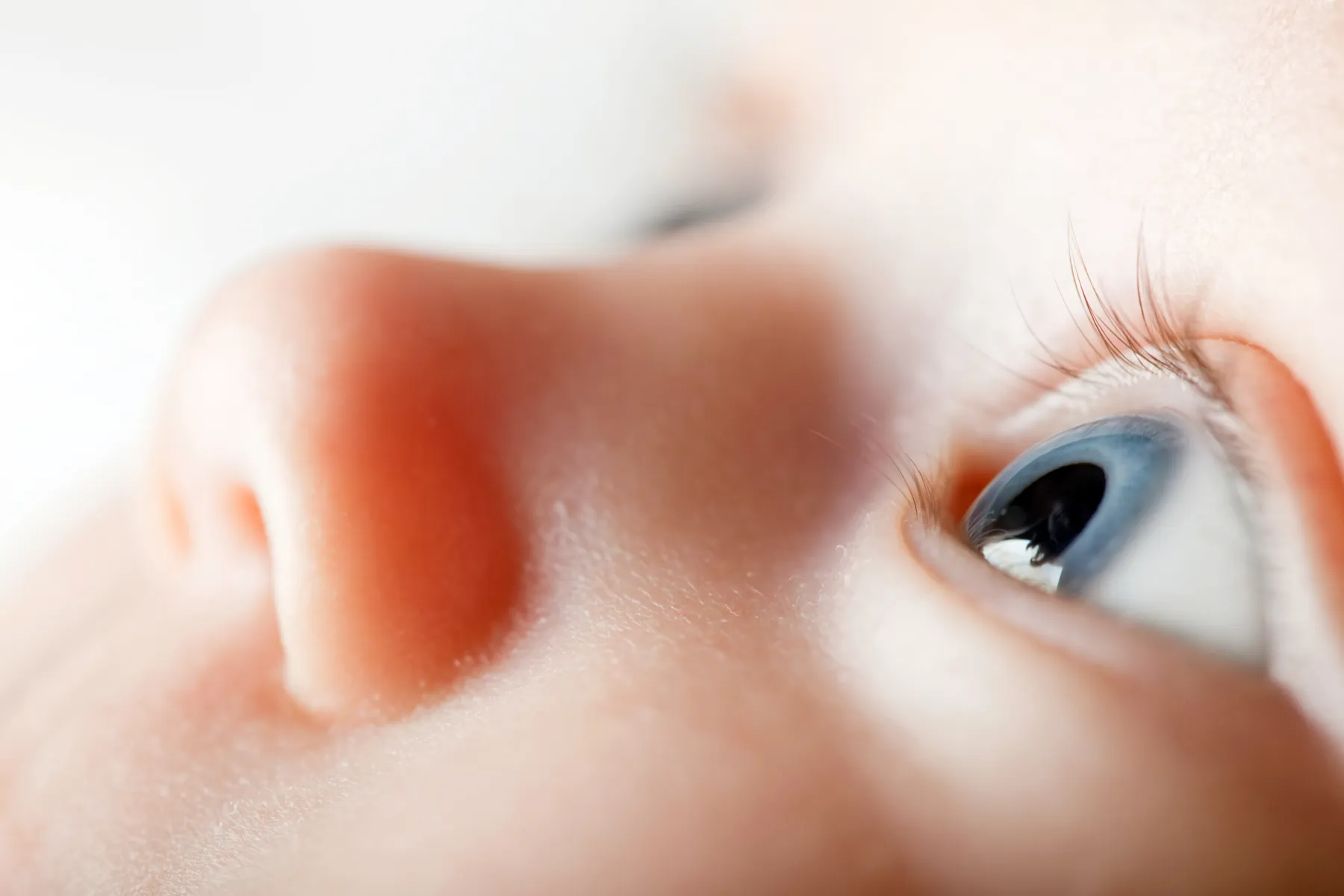 Lolo, France
Lolo, France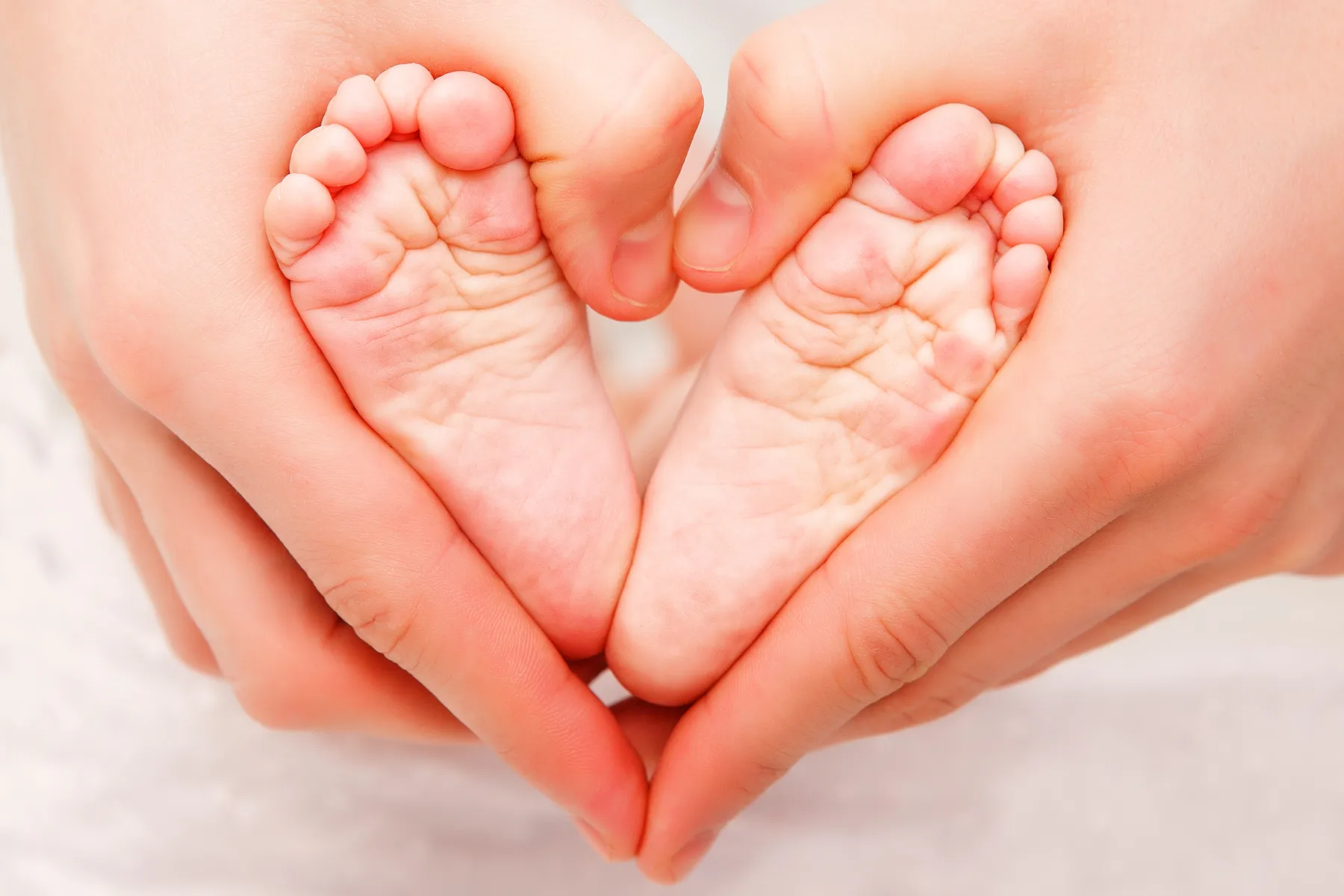 Louise, UK
Louise, UK Lyana, France
Lyana, France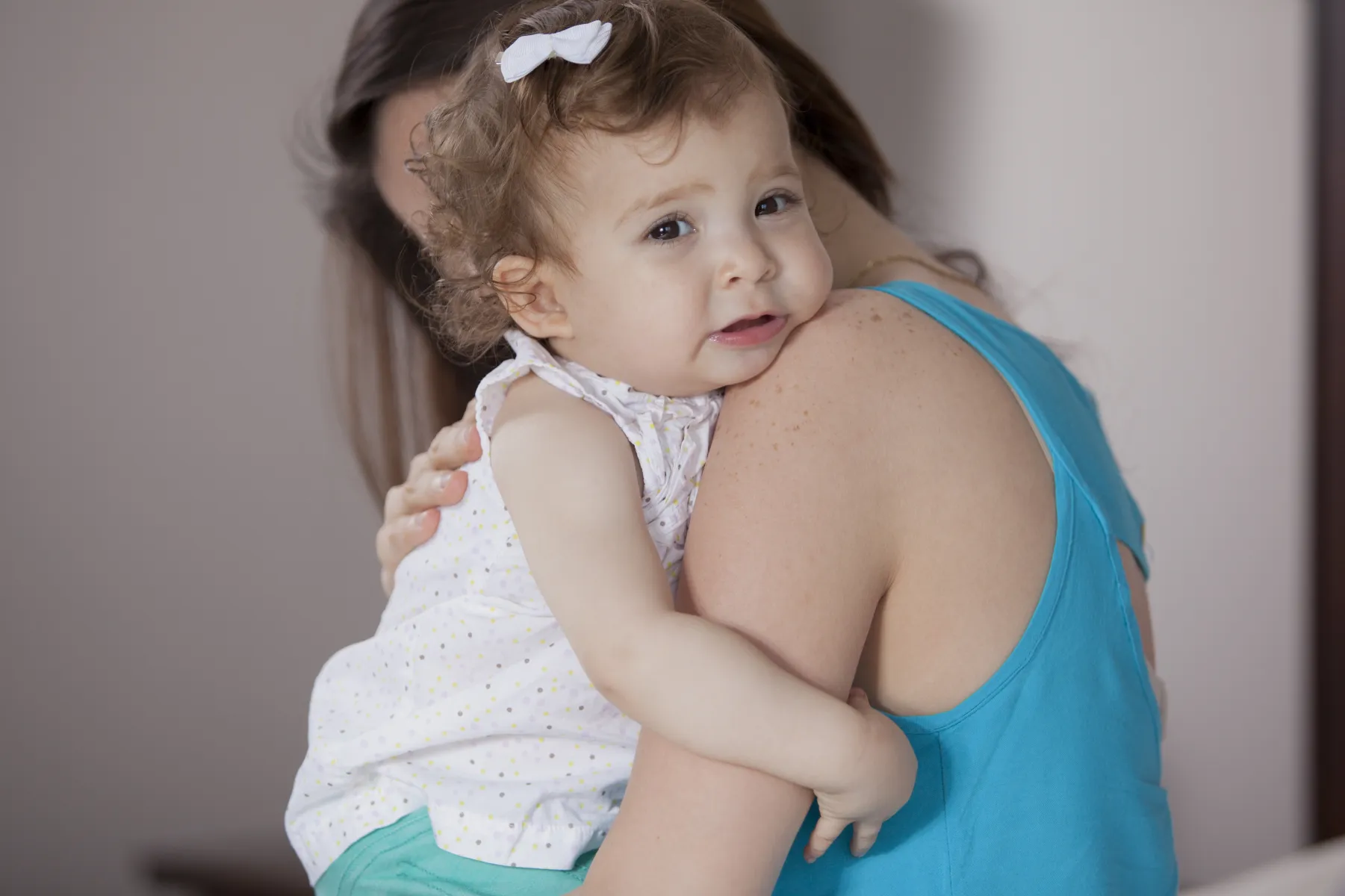 Maddie, USA
Maddie, USA Maë, France
Maë, France Maeva, France
Maeva, France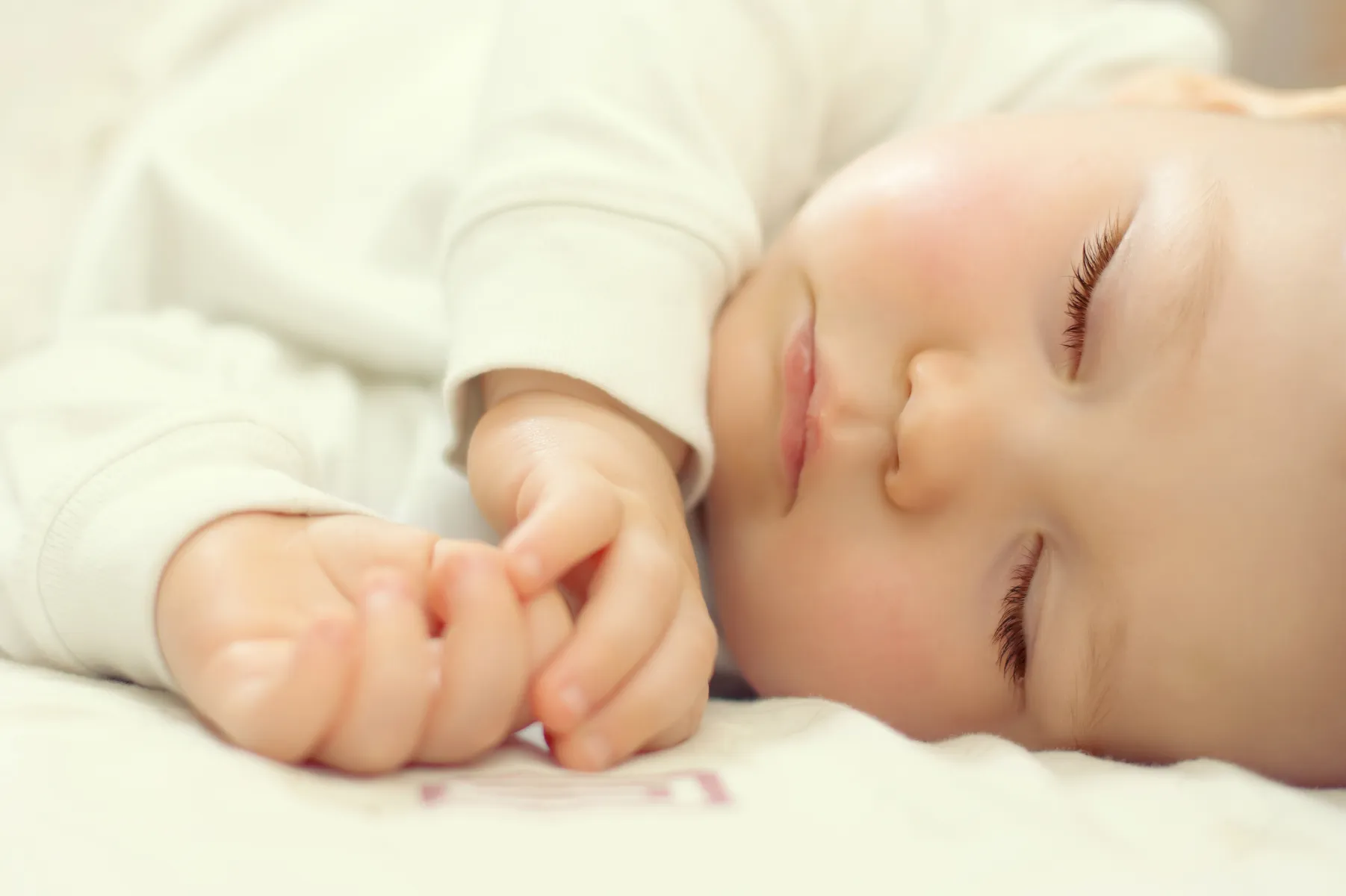 Manon, France
Manon, France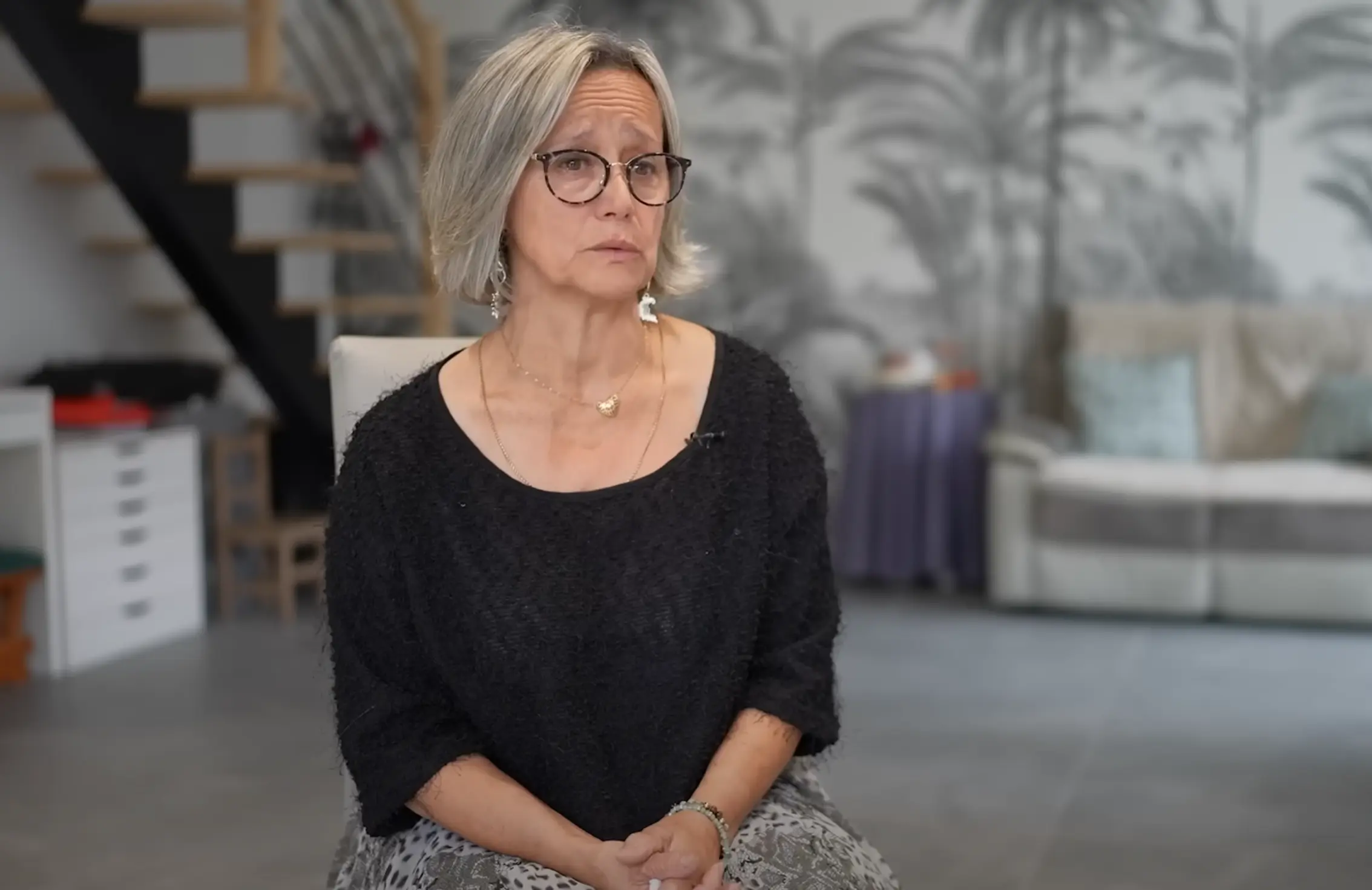 Maria, France
Maria, France Marie, France
Marie, France Marissa, USA
Marissa, USA Mark, UK
Mark, UK Mary, UK
Mary, UK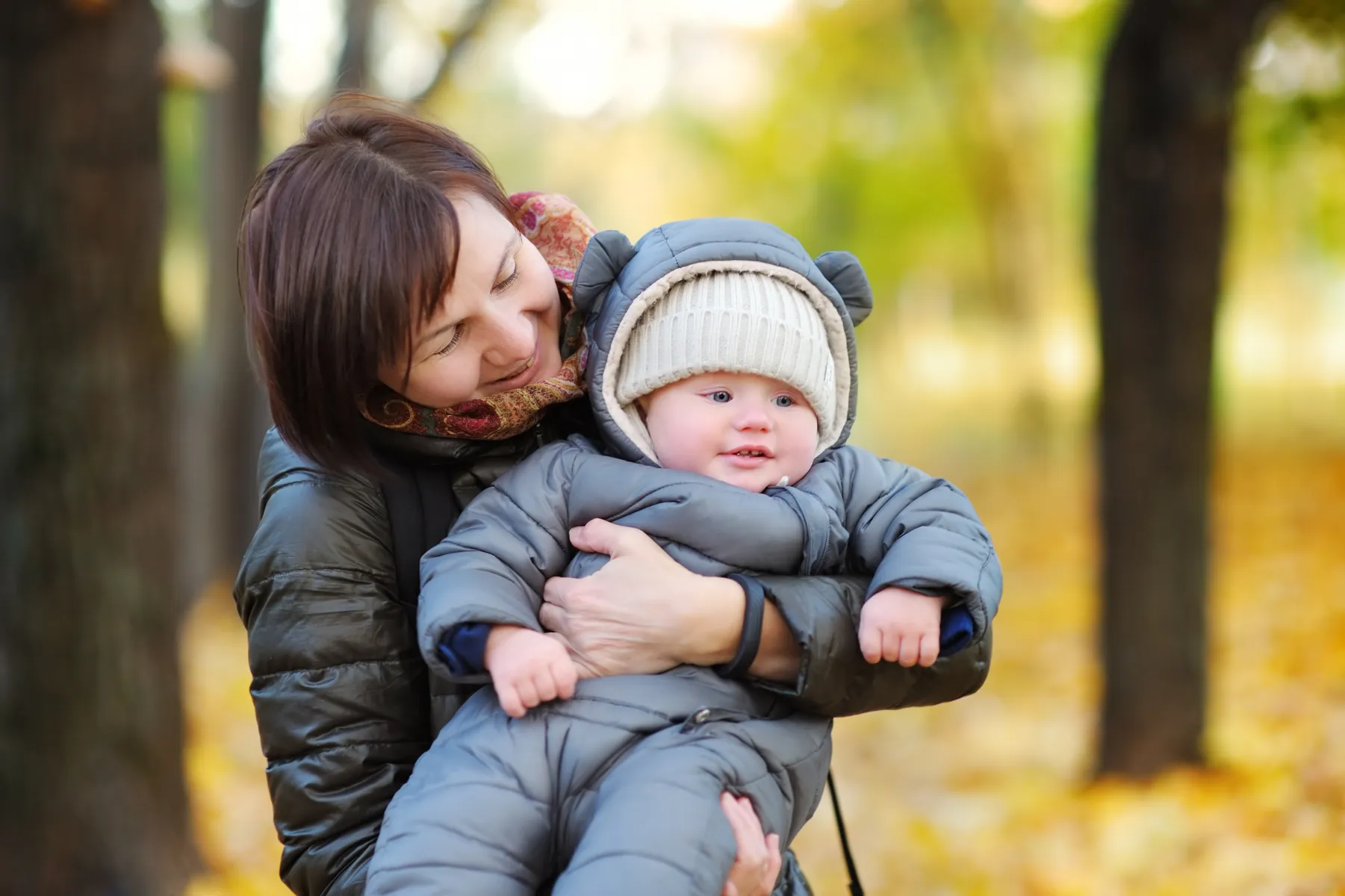 Melanie, Canada
Melanie, Canada Melissa, USA
Melissa, USA Mia, Finland
Mia, Finland Michelle, USA
Michelle, USA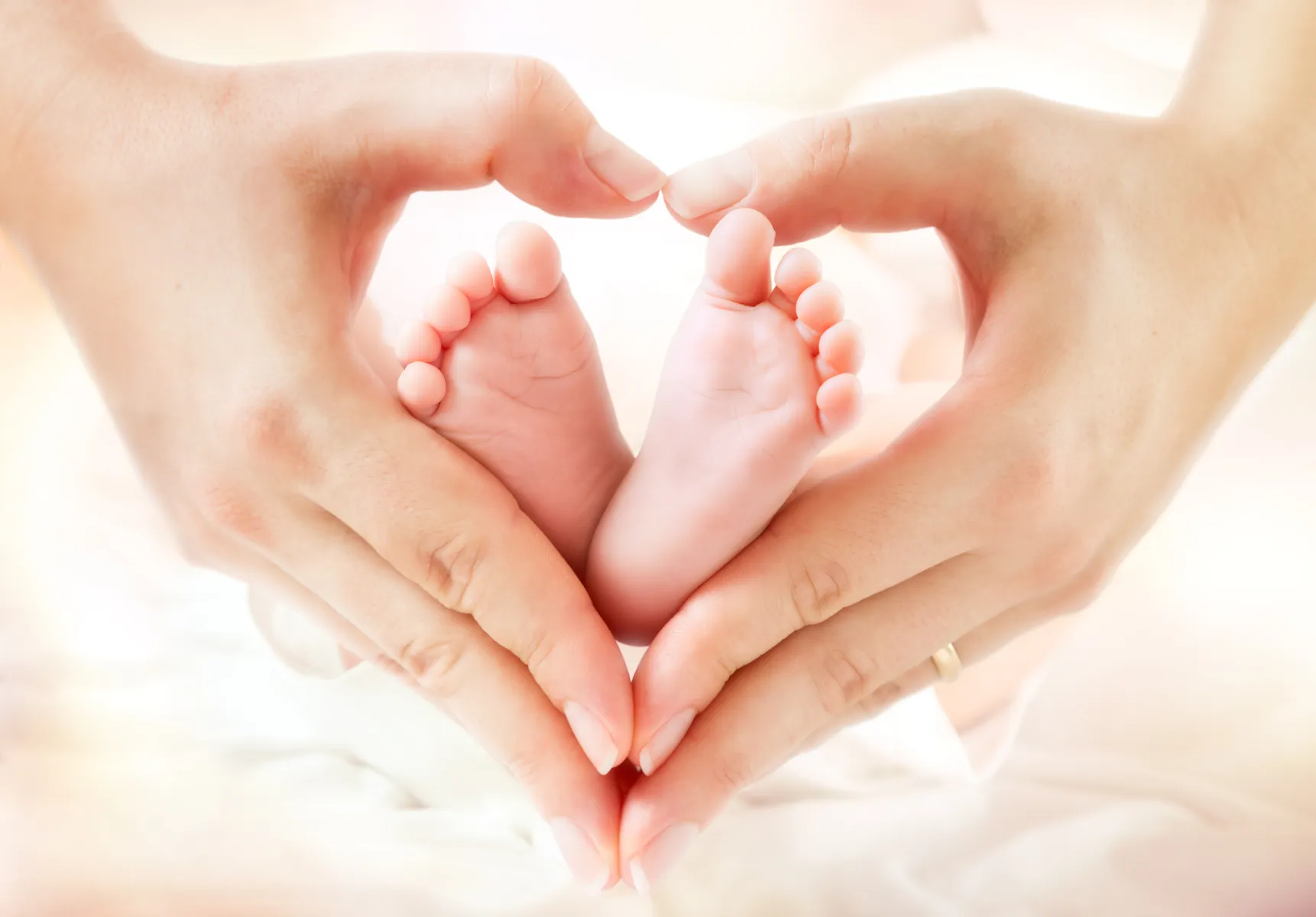 Mlmd, France
Mlmd, France Nancy, Canada
Nancy, Canada Nathalie, France
Nathalie, France Nini, France
Nini, France Nini, France
Nini, France Orionea, France
Orionea, France Paris20, France
Paris20, France Paula, USA
Paula, USA Perle, France
Perle, France Peter, Sweden
Peter, Sweden Reginald, USA
Reginald, USA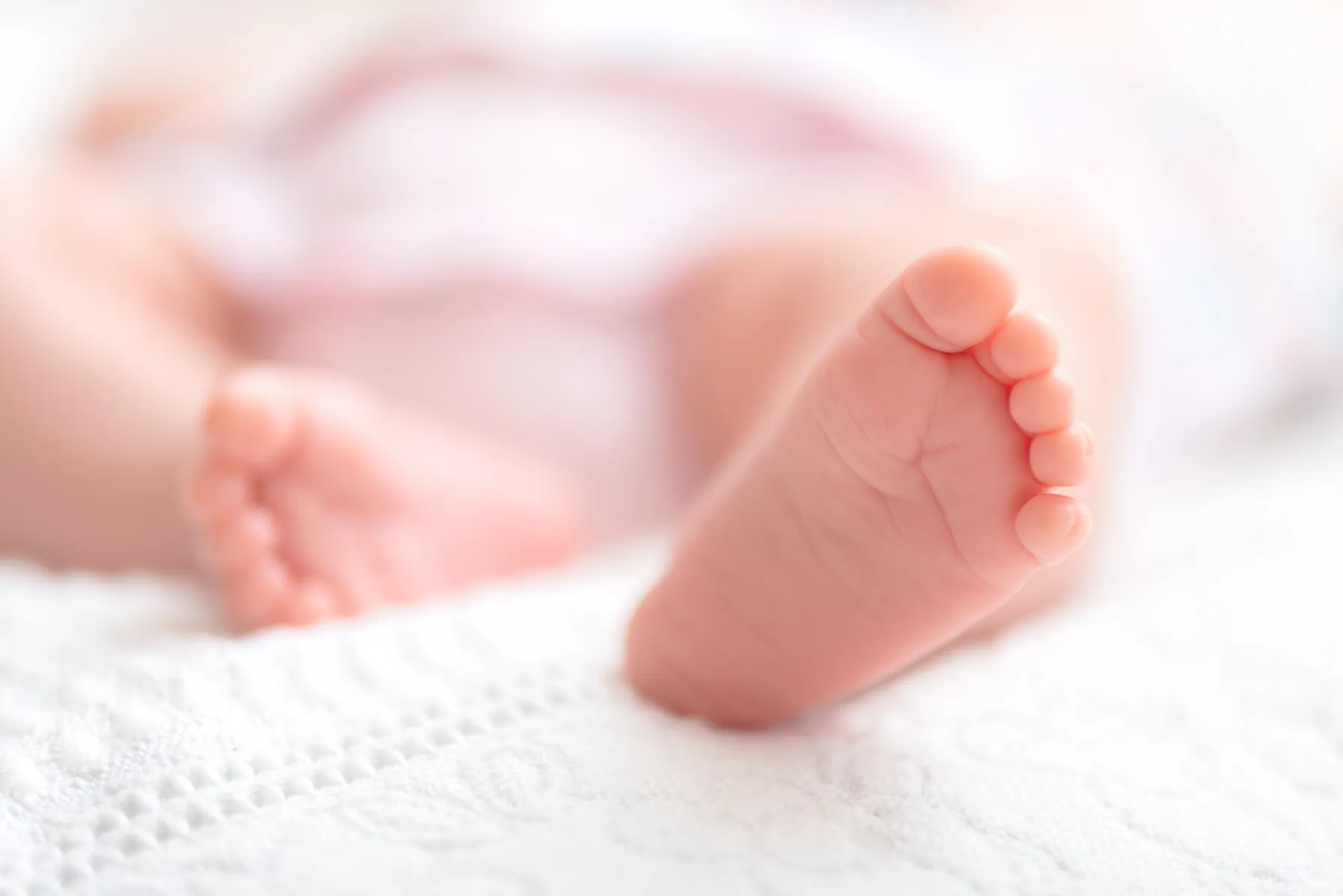 Roxanne, USA
Roxanne, USA Sally, Canada
Sally, Canada Sarah, USA
Sarah, USA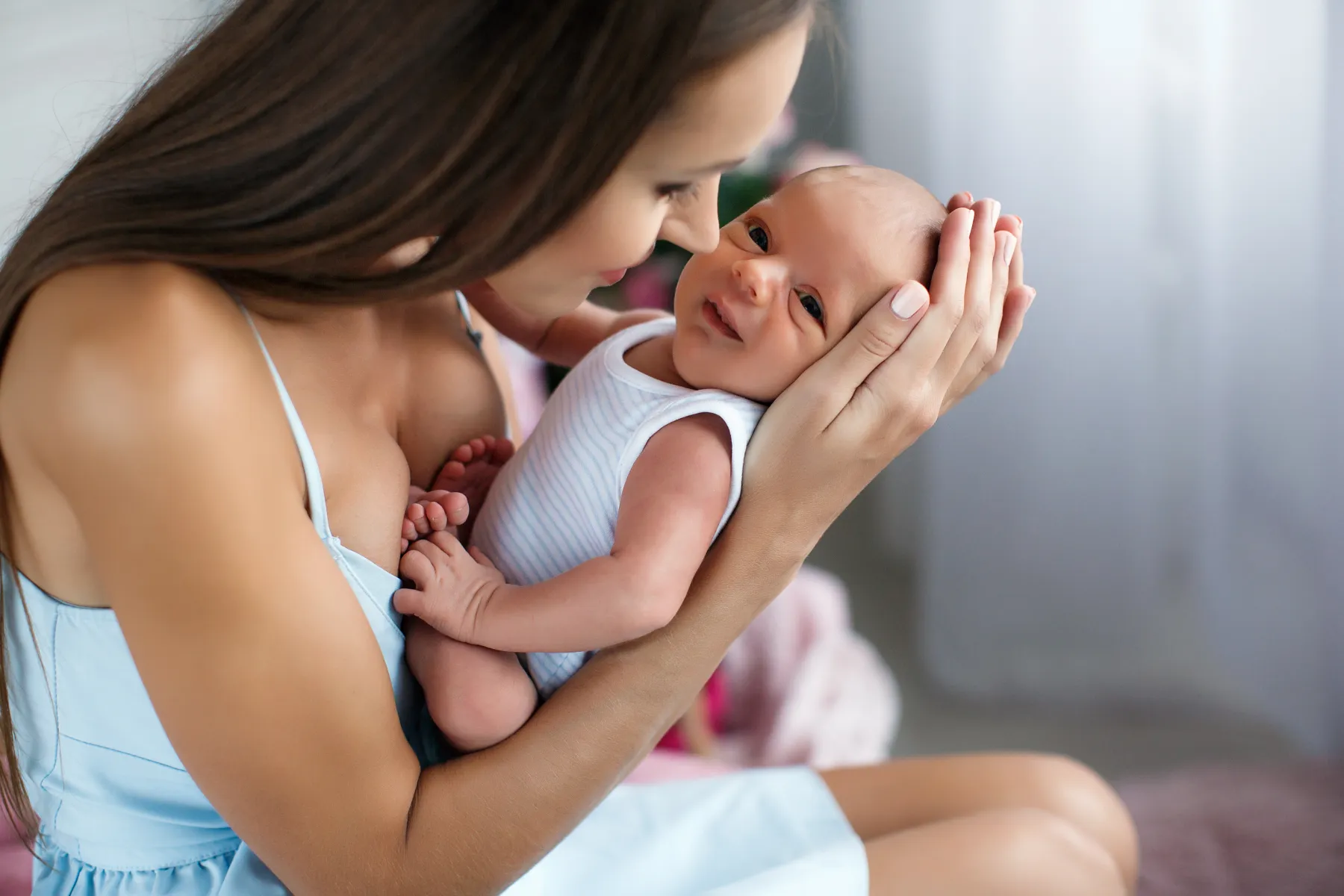 Sarah, France
Sarah, France Skye, UK
Skye, UK Sophie, France
Sophie, France Stephanie, USA
Stephanie, USA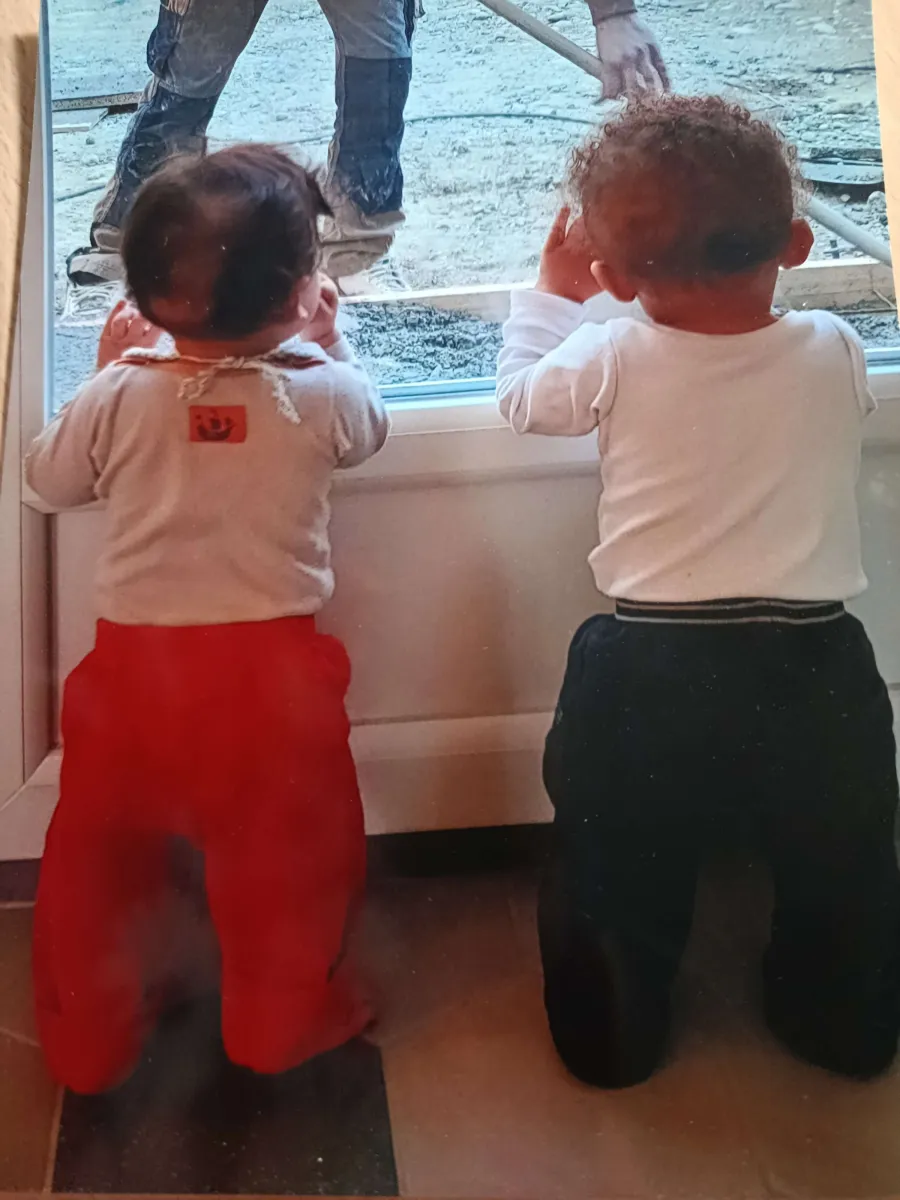 Sylvie, France
Sylvie, France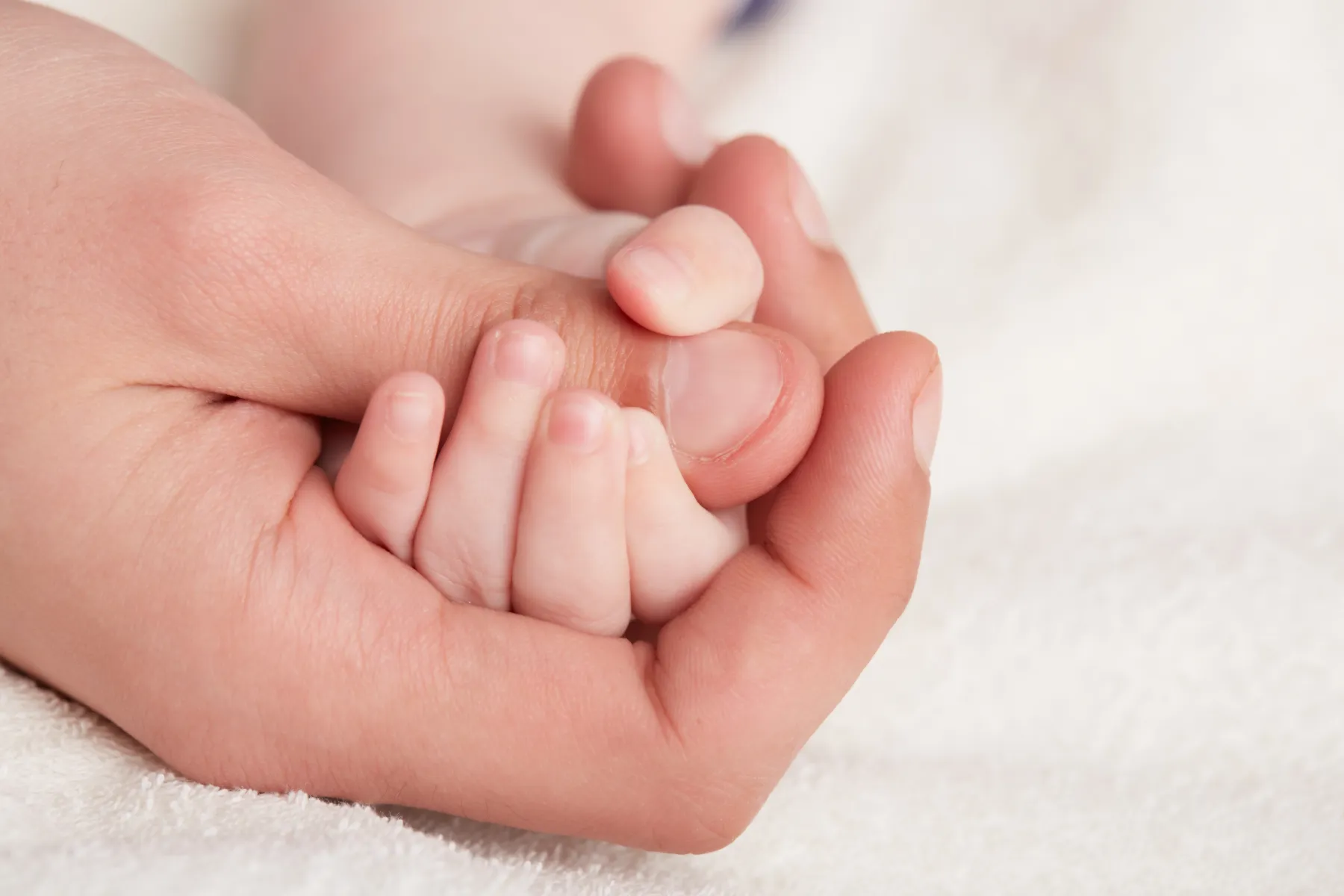 Valeria, France
Valeria, France Vanessa, France
Vanessa, France Vanessa, France
Vanessa, France Virginie, France
Virginie, FranceSupport us!
Together, we can make a difference. Every donation and every membership strengthens our work — offering support, creating dialogue and advancing scientific progress.
Contact
If you are facing a wrongful diagnosis or if you need more information, please reach out to us.
Please note: ADIKIA does not provide legal or medical advice. Consult qualified professionals.